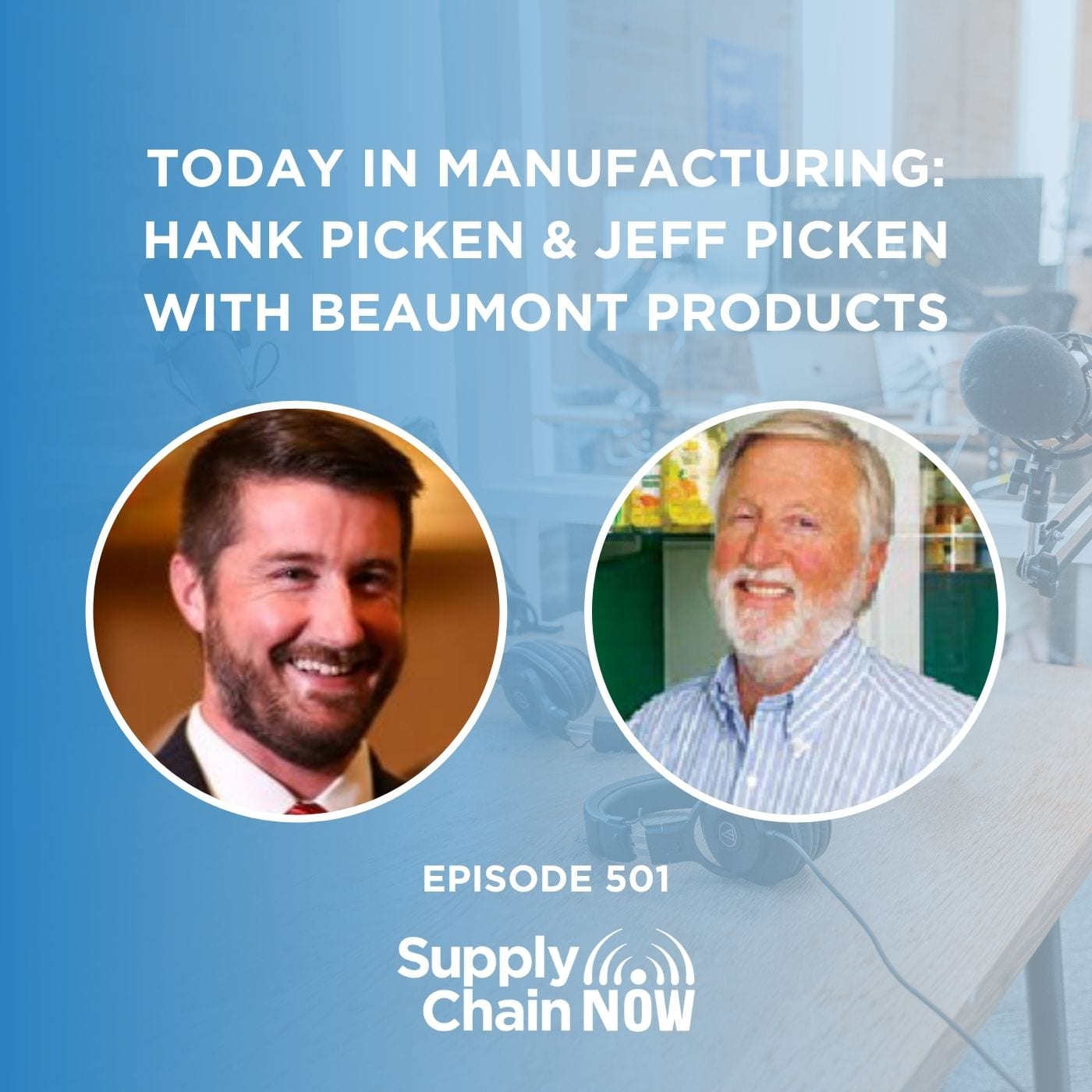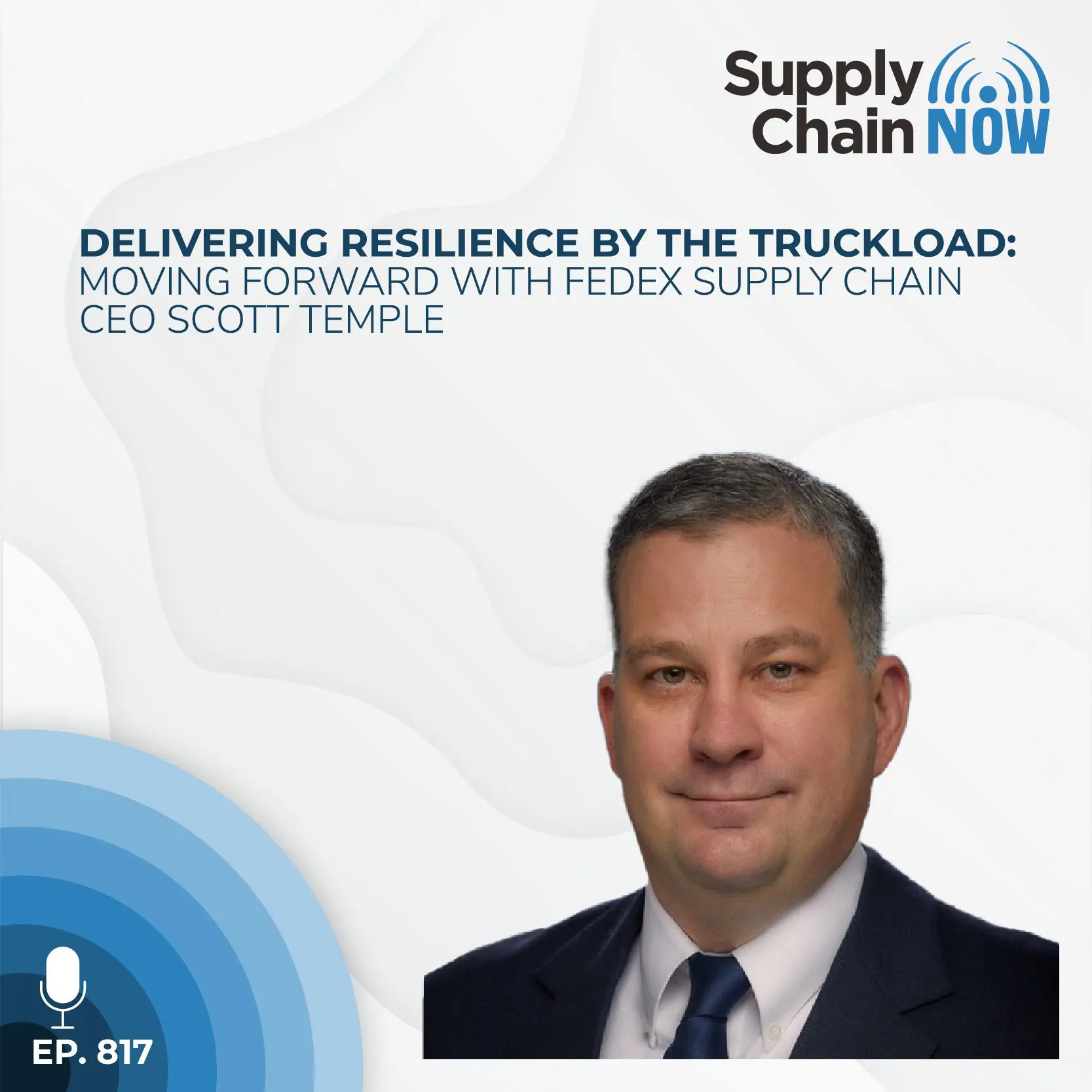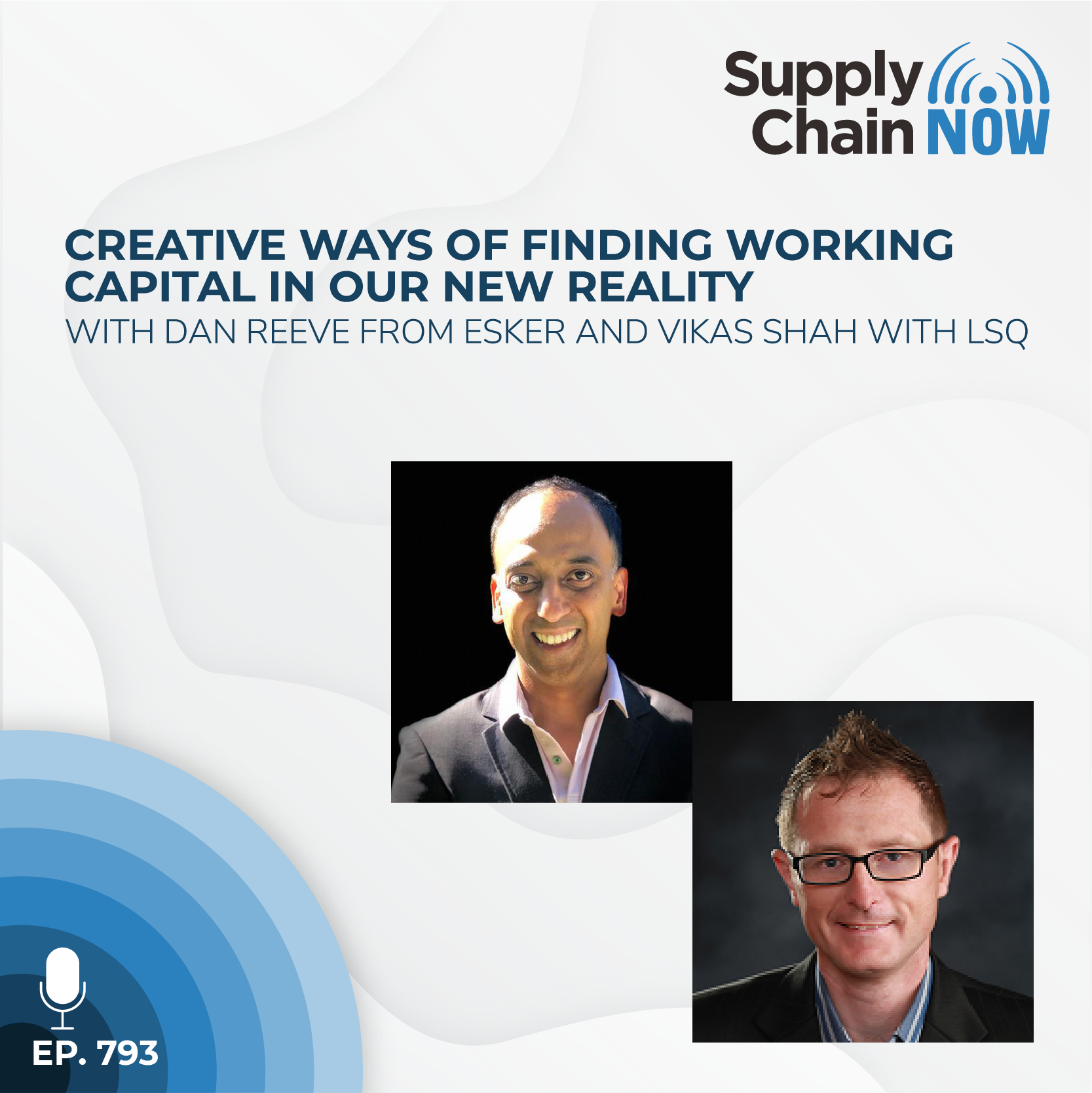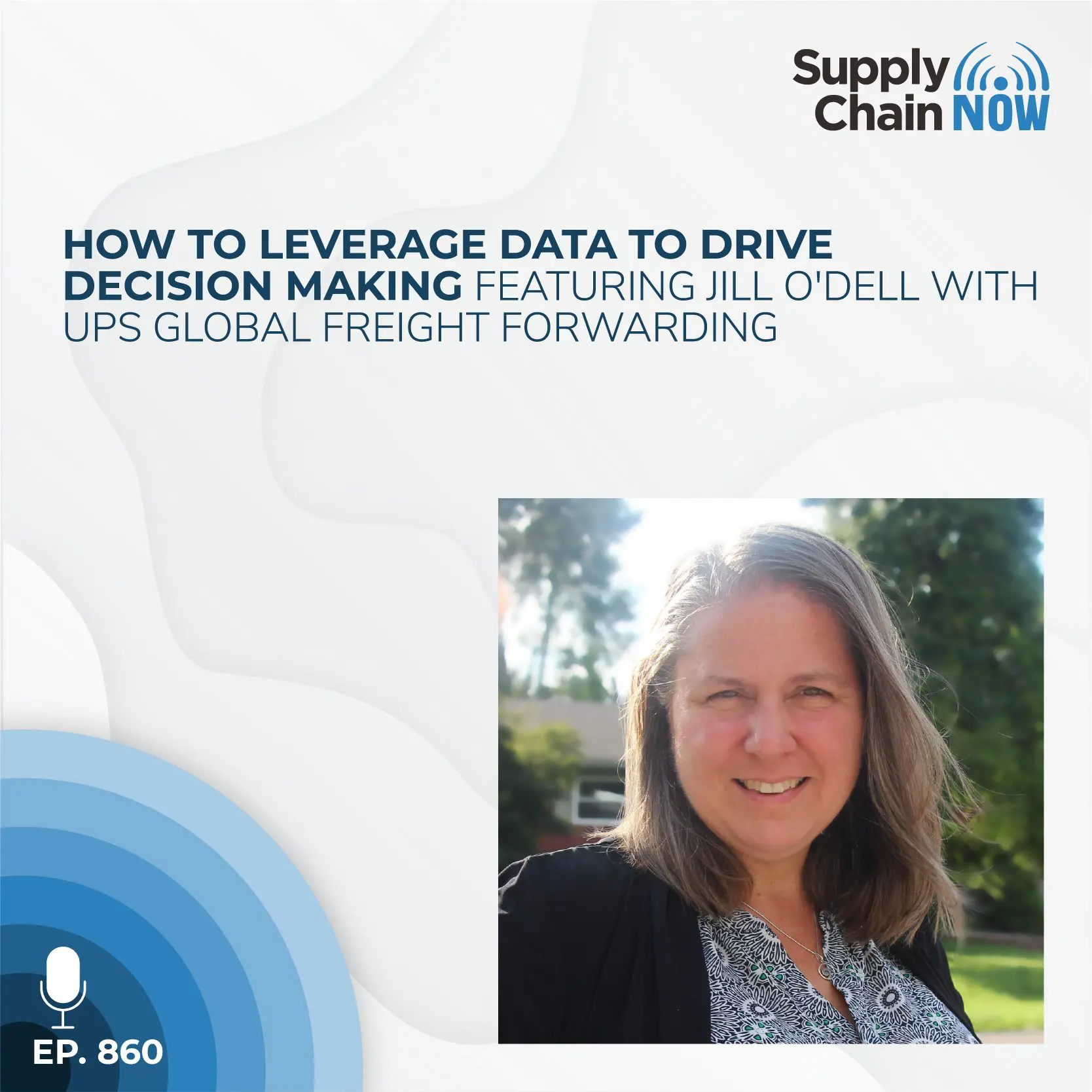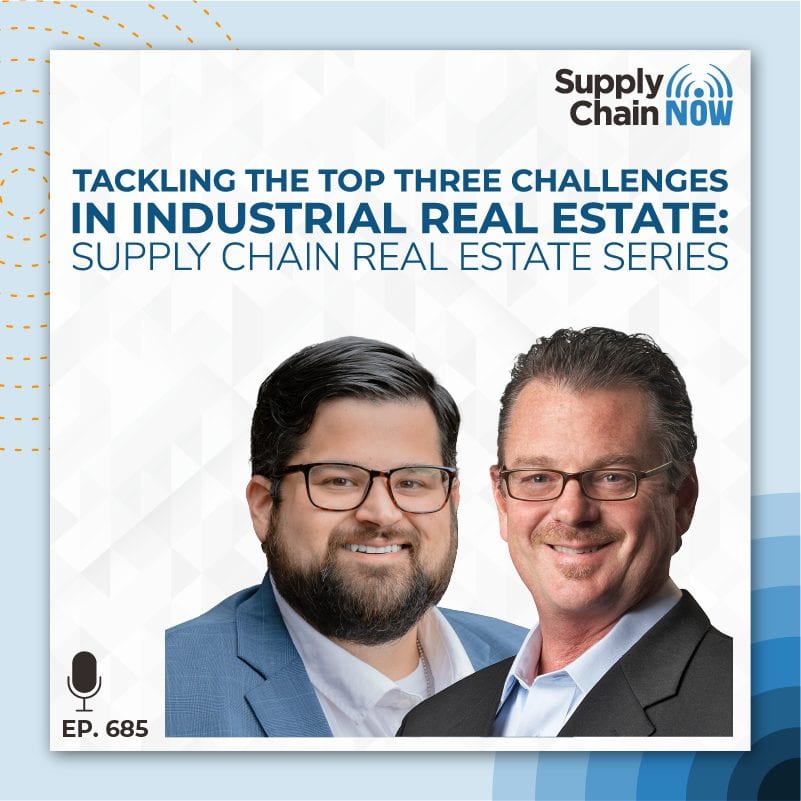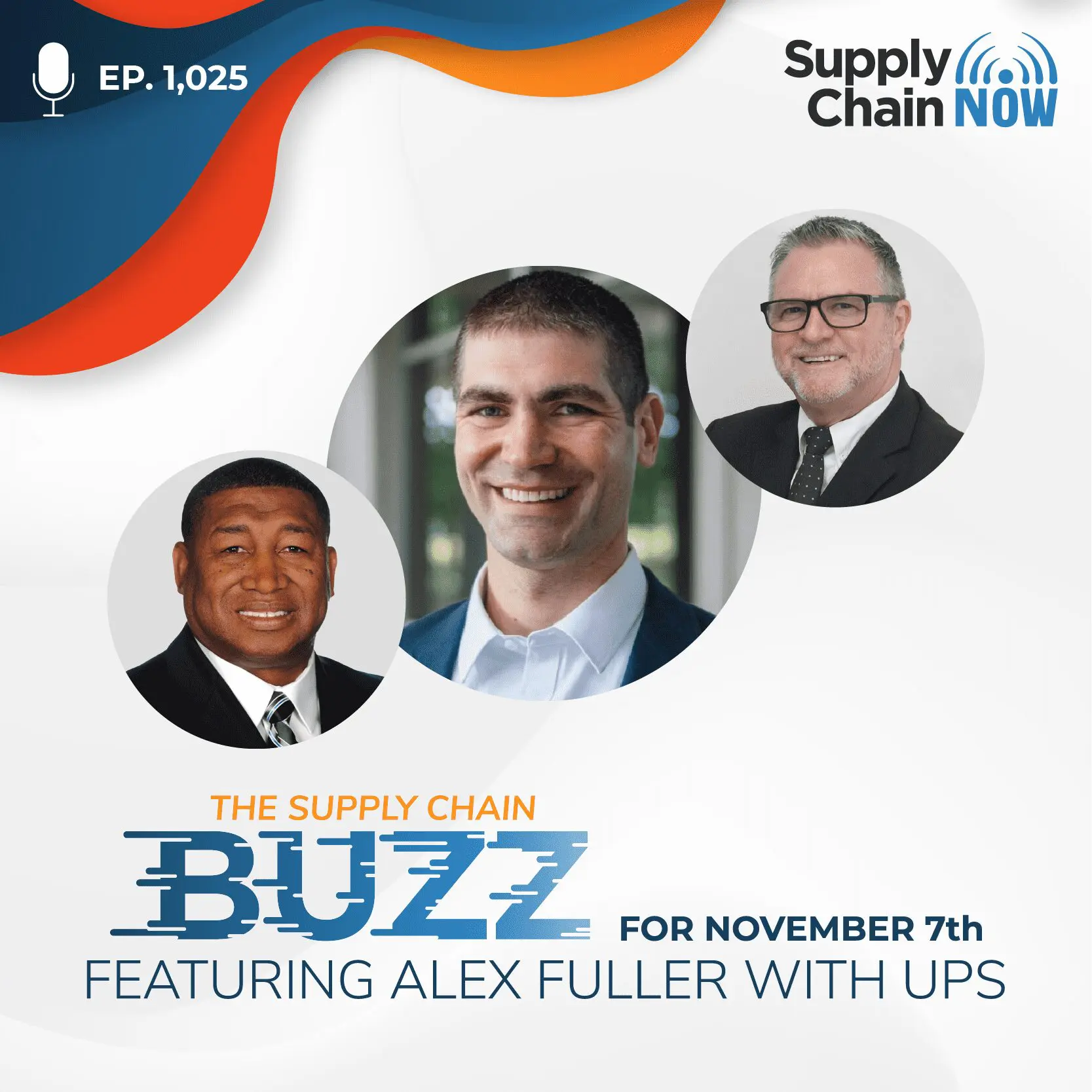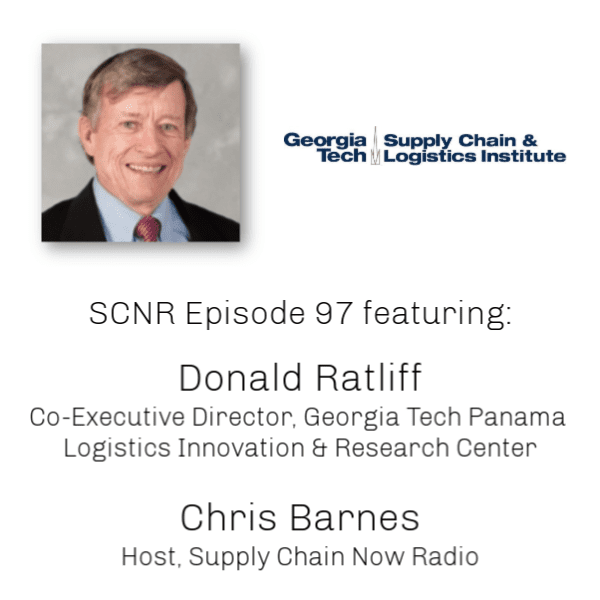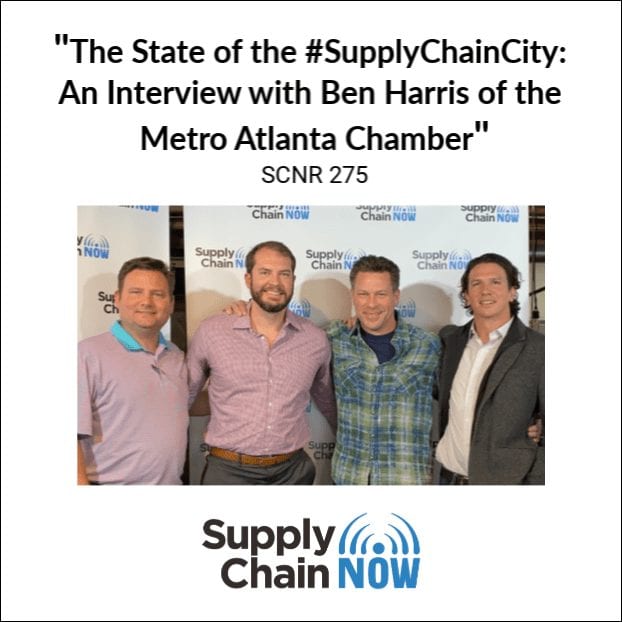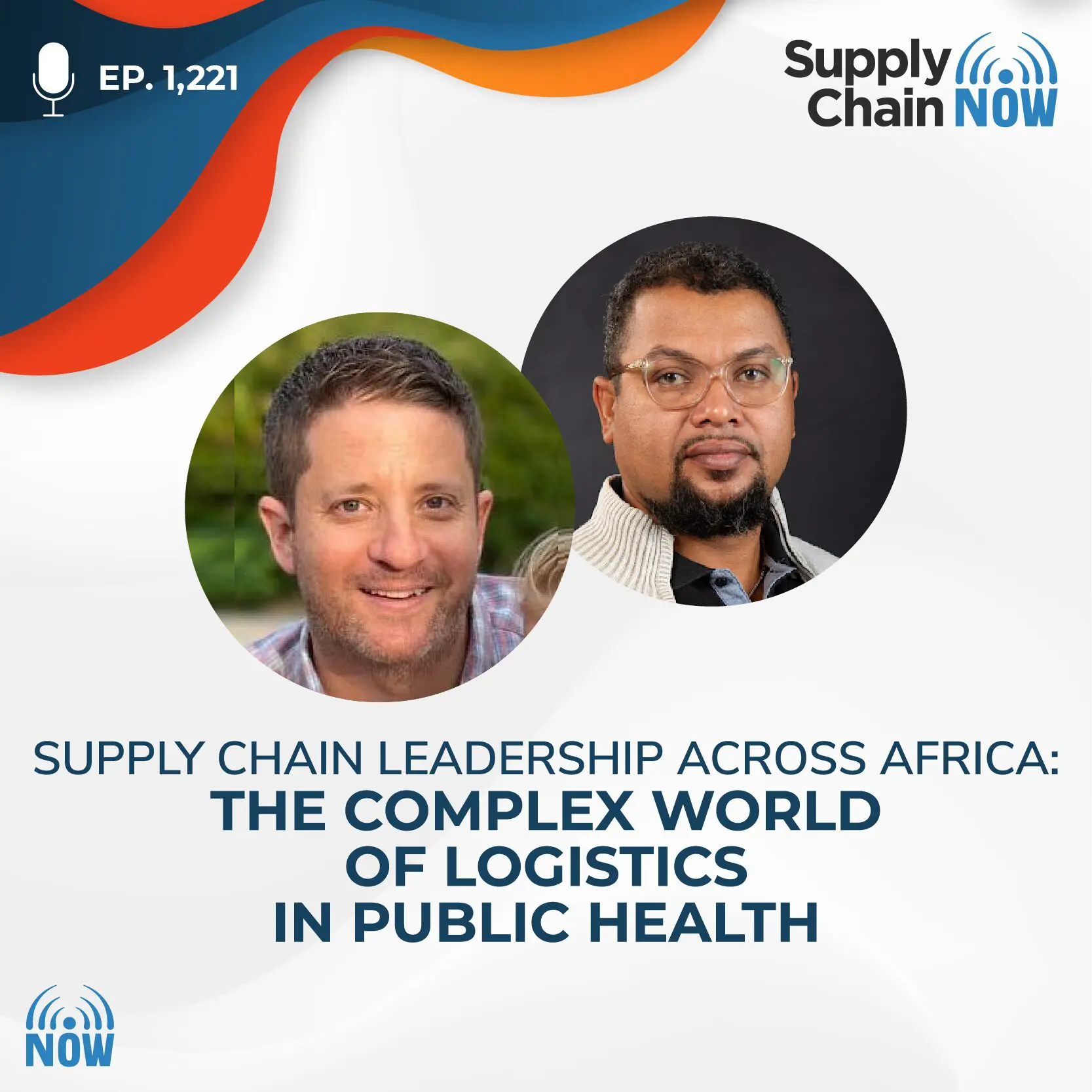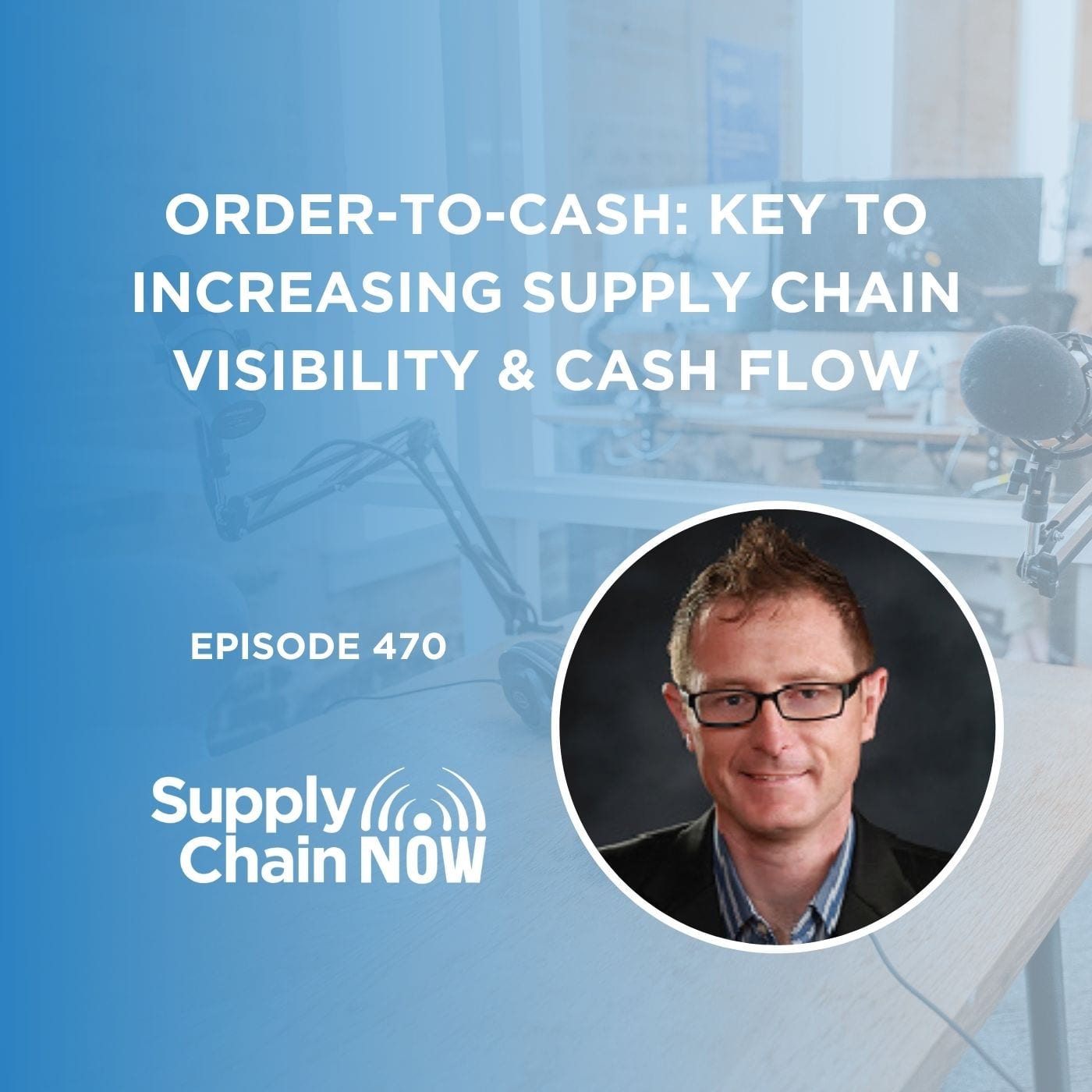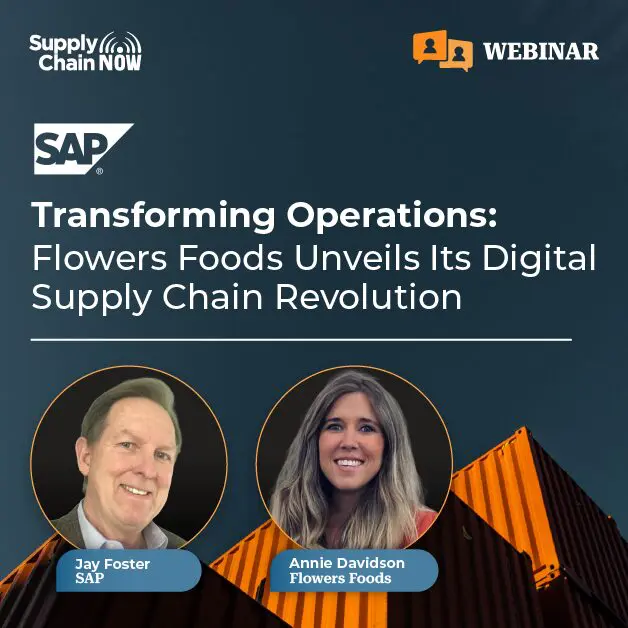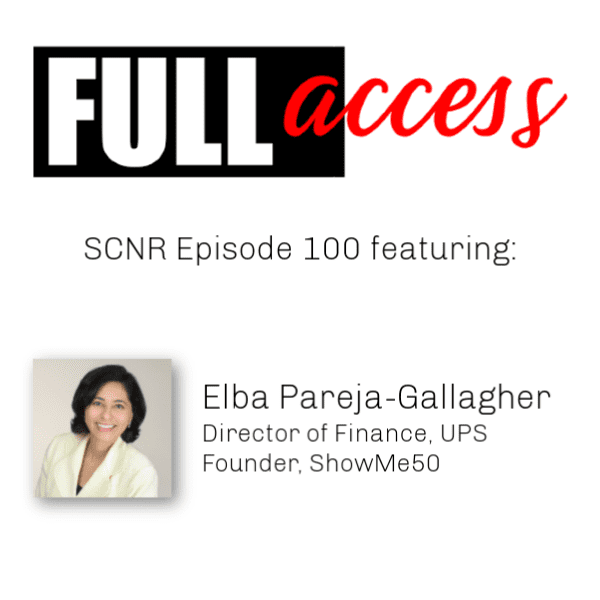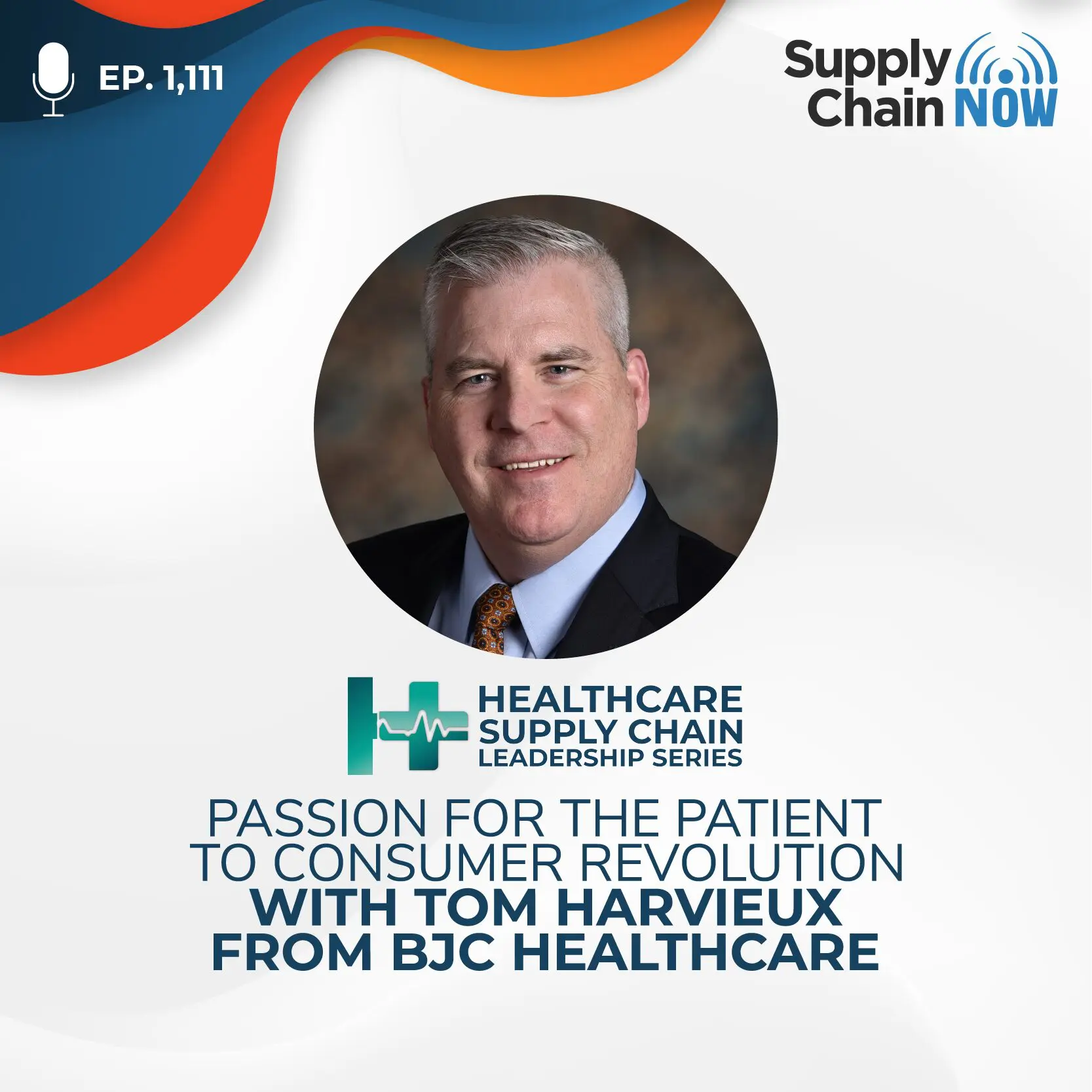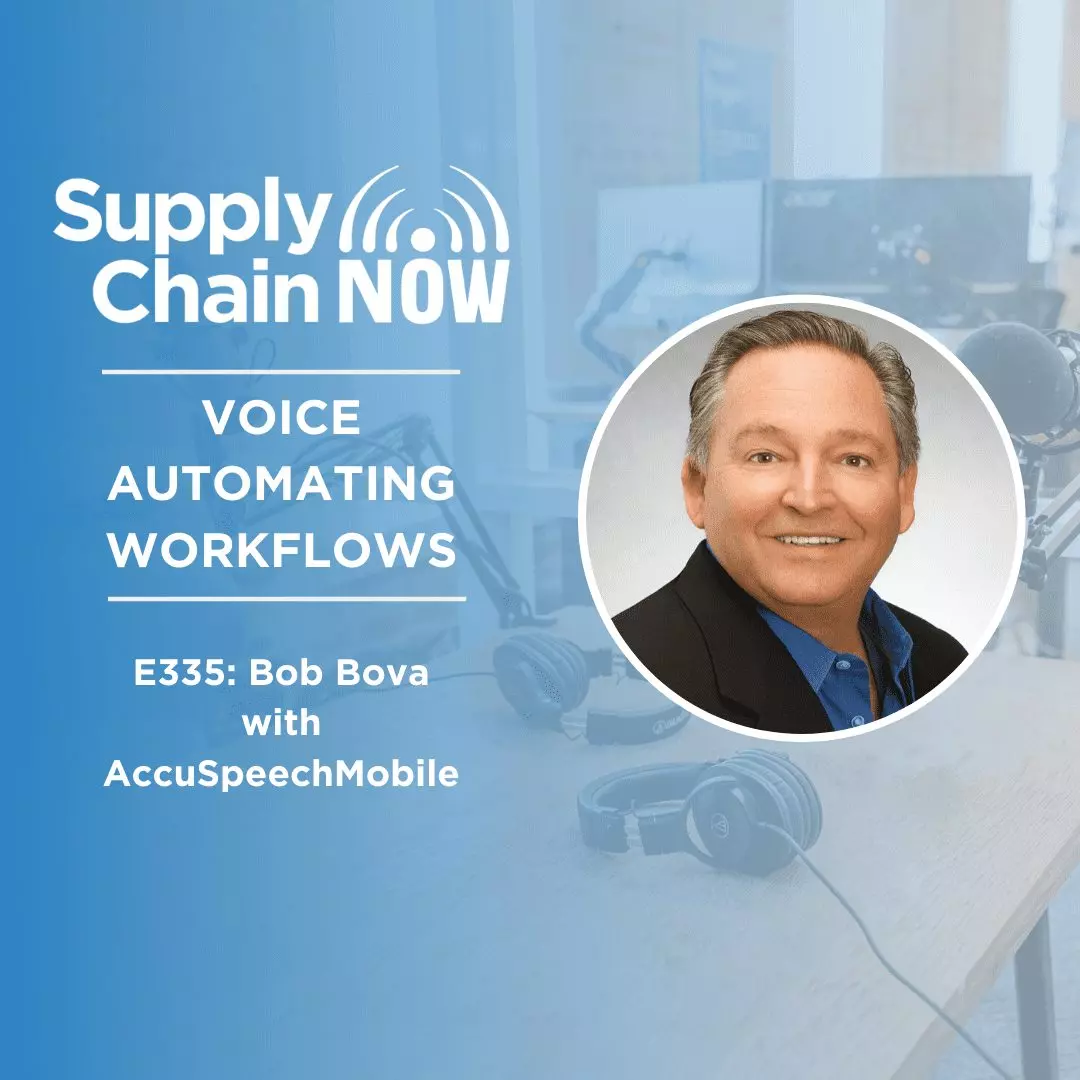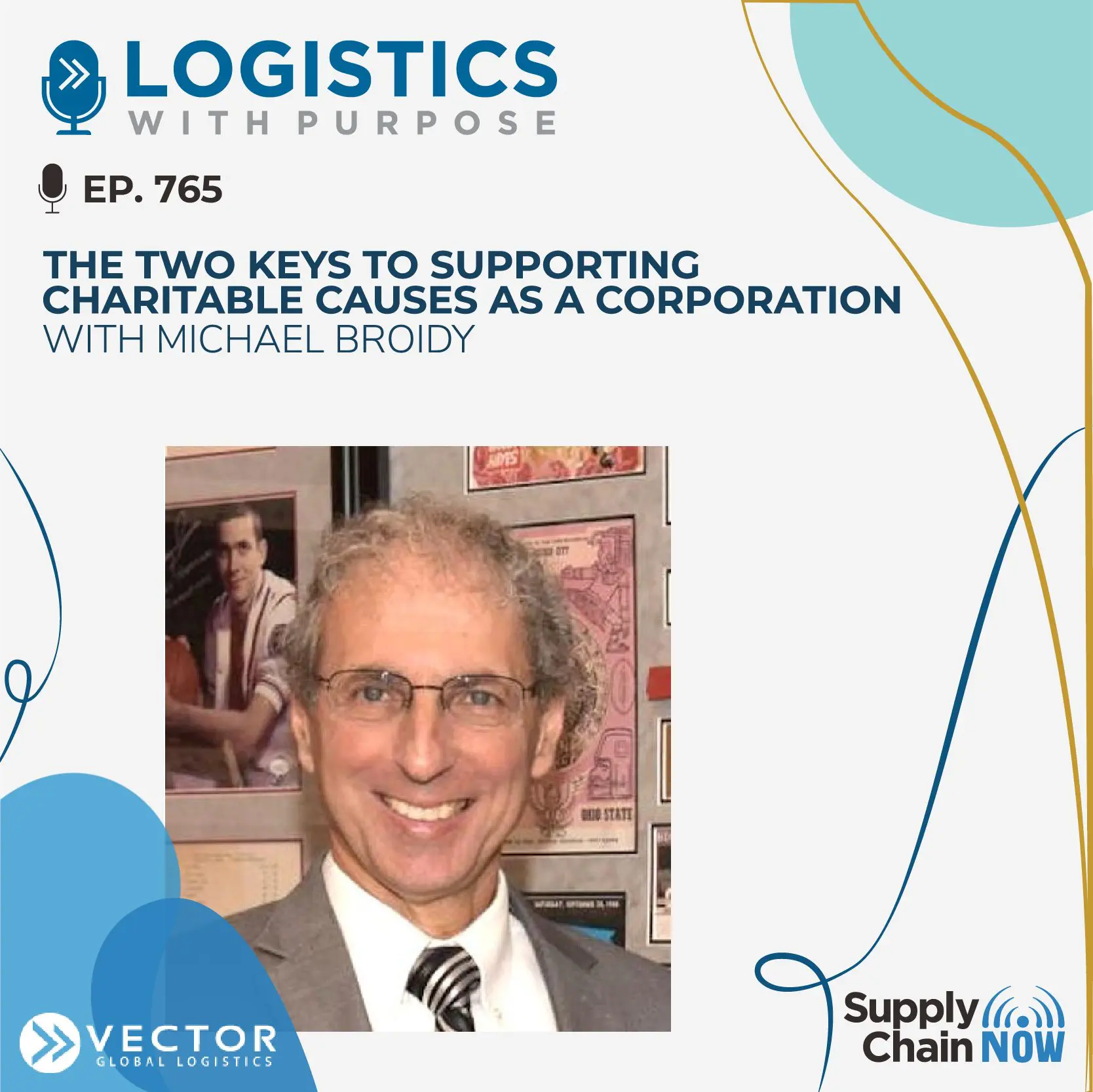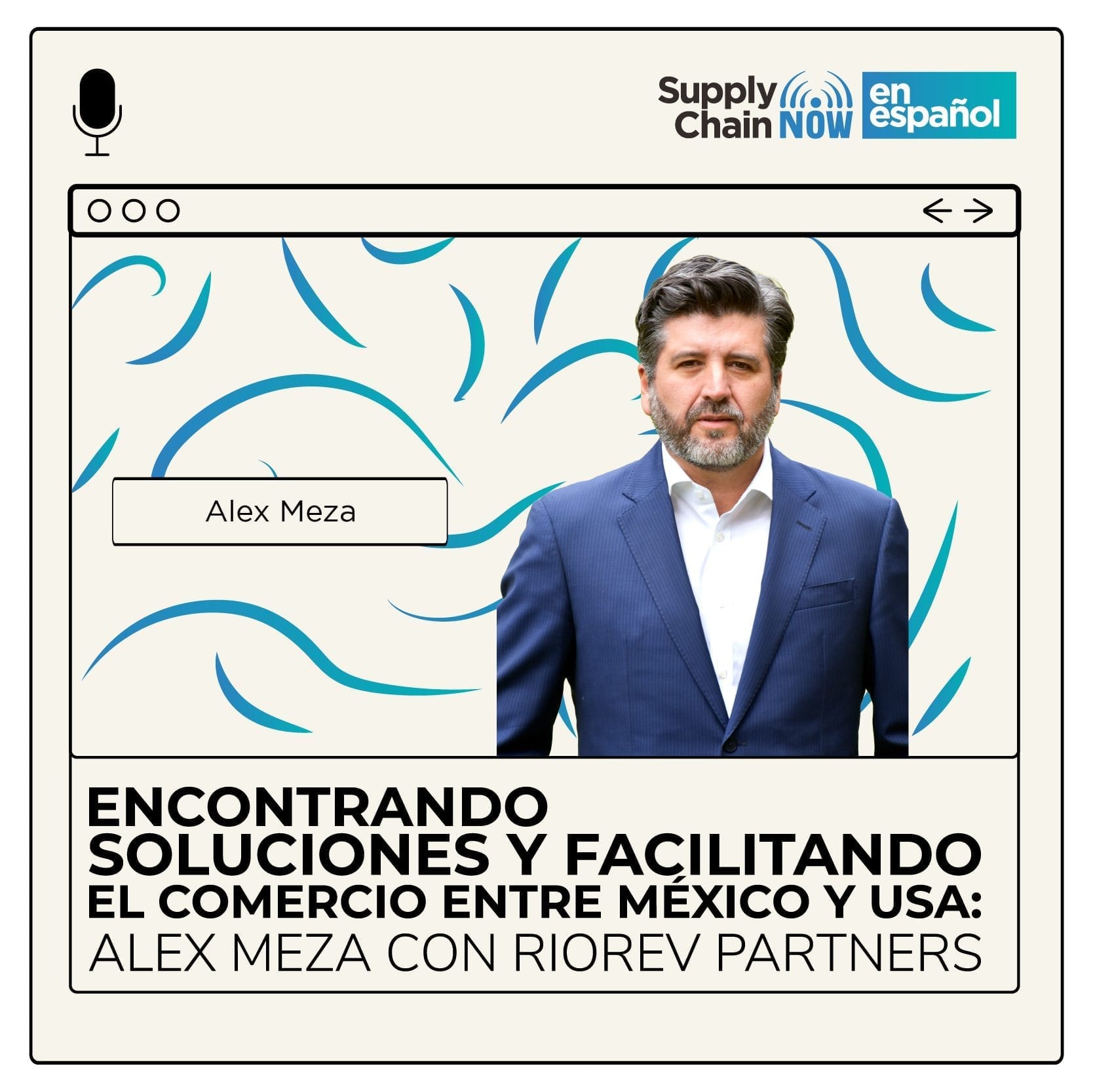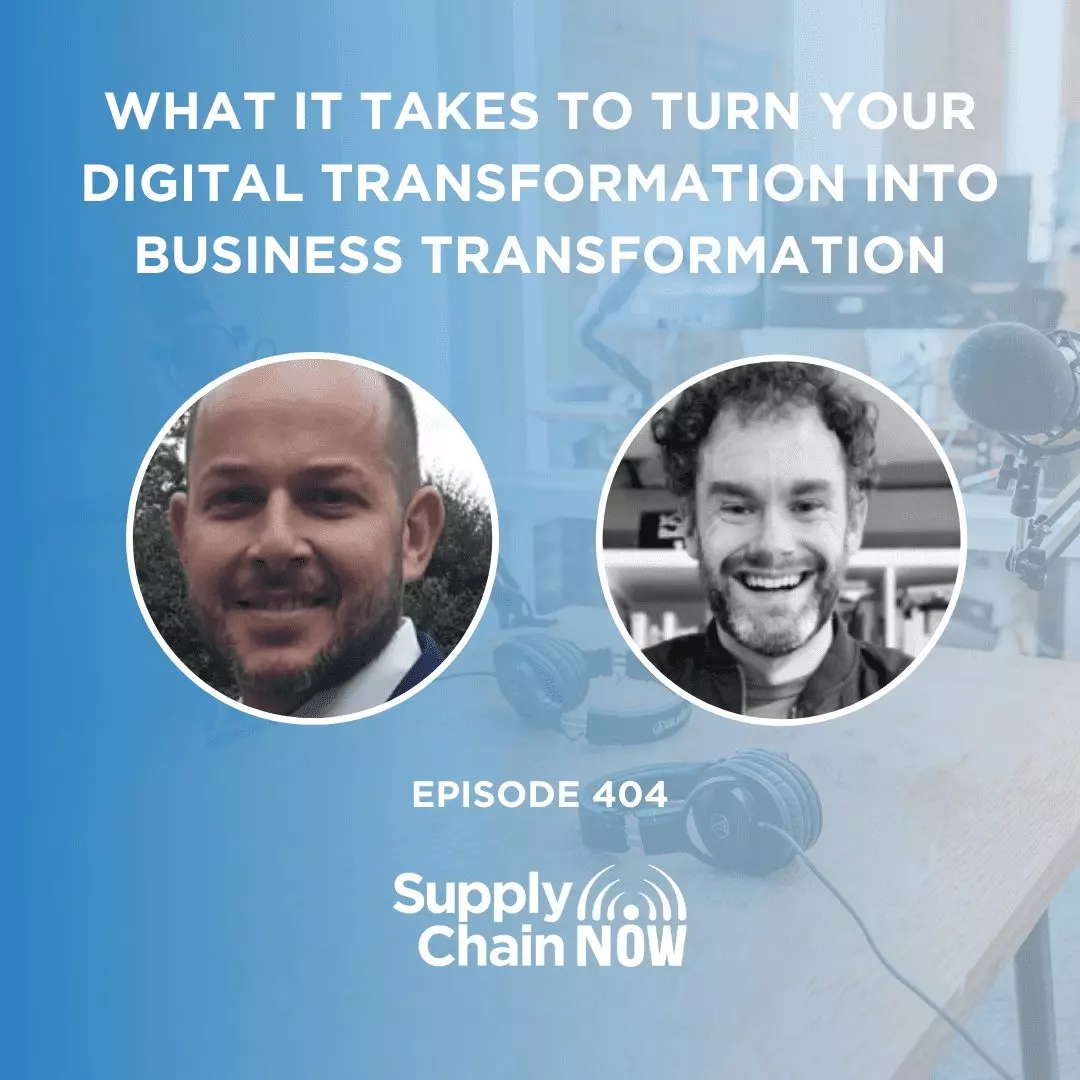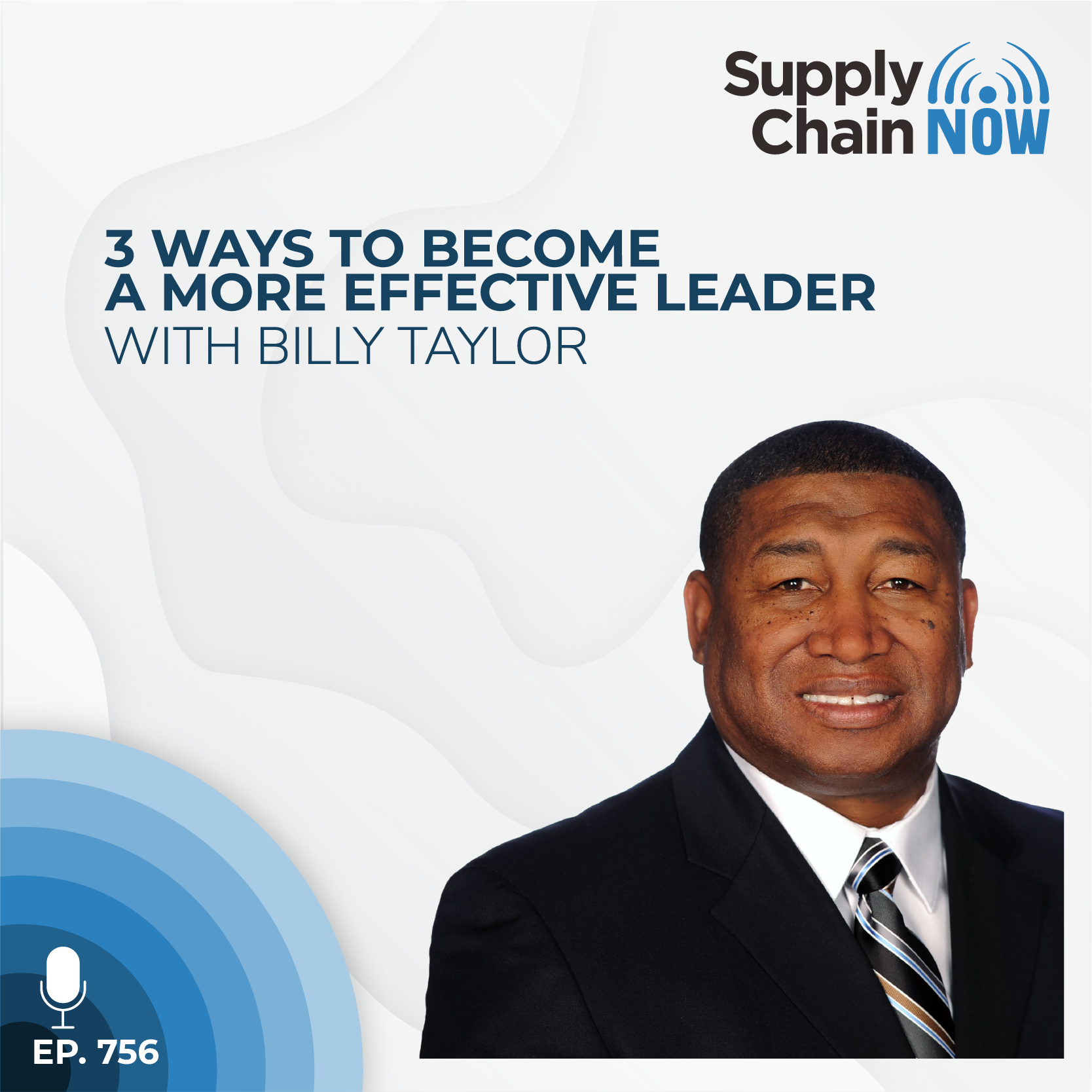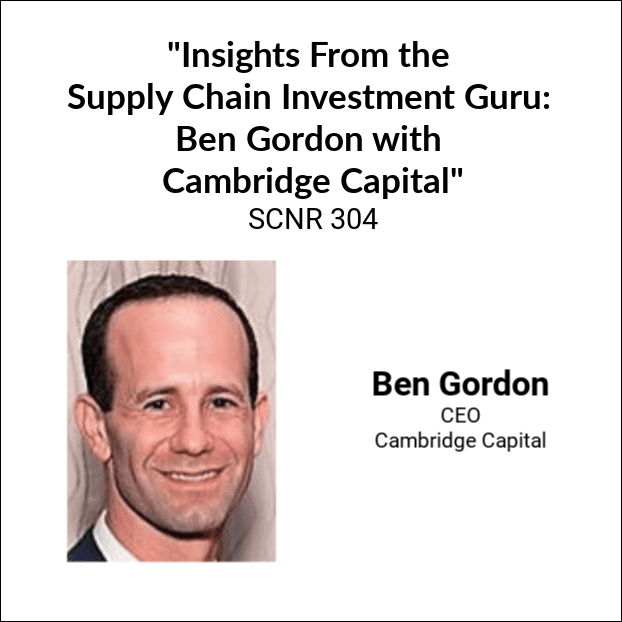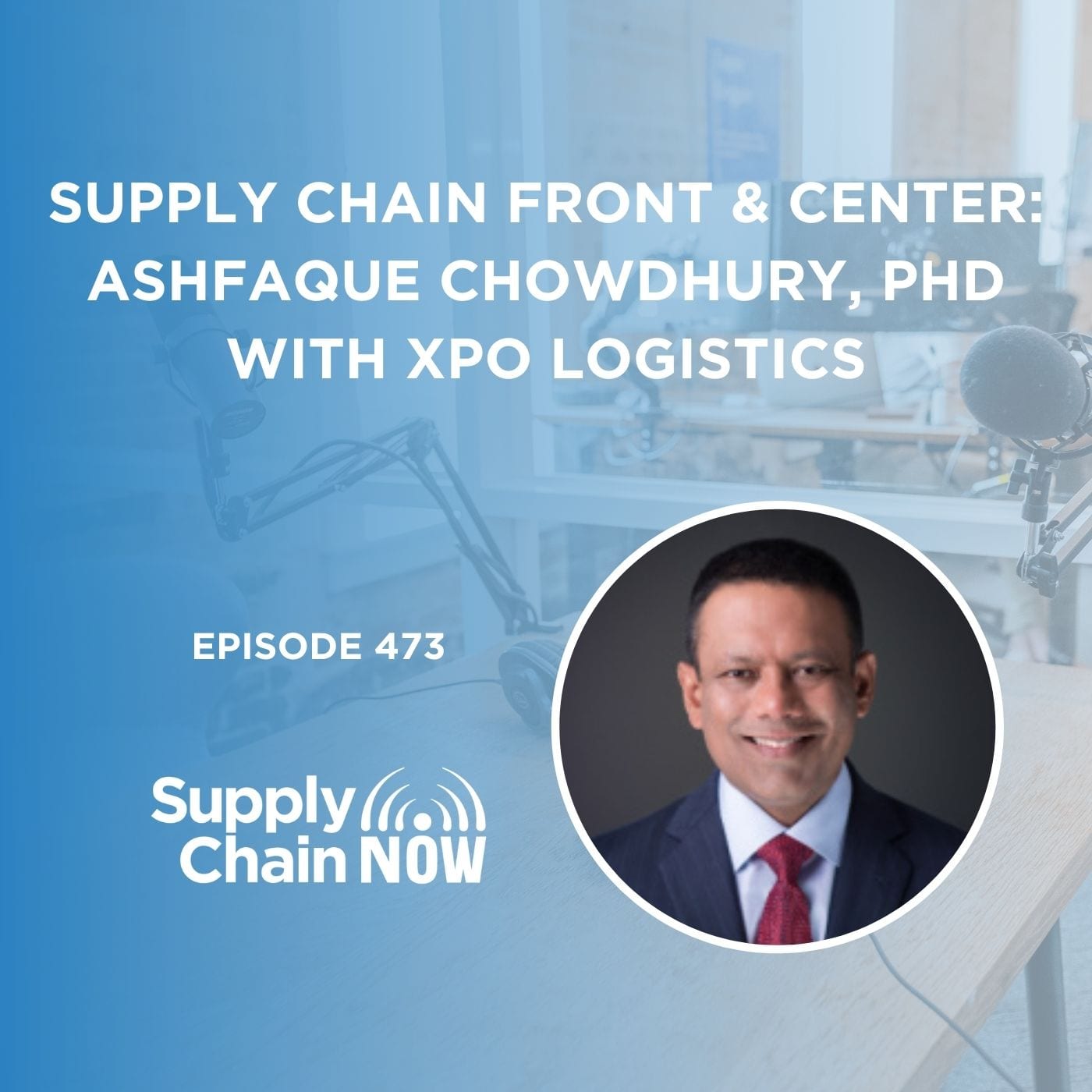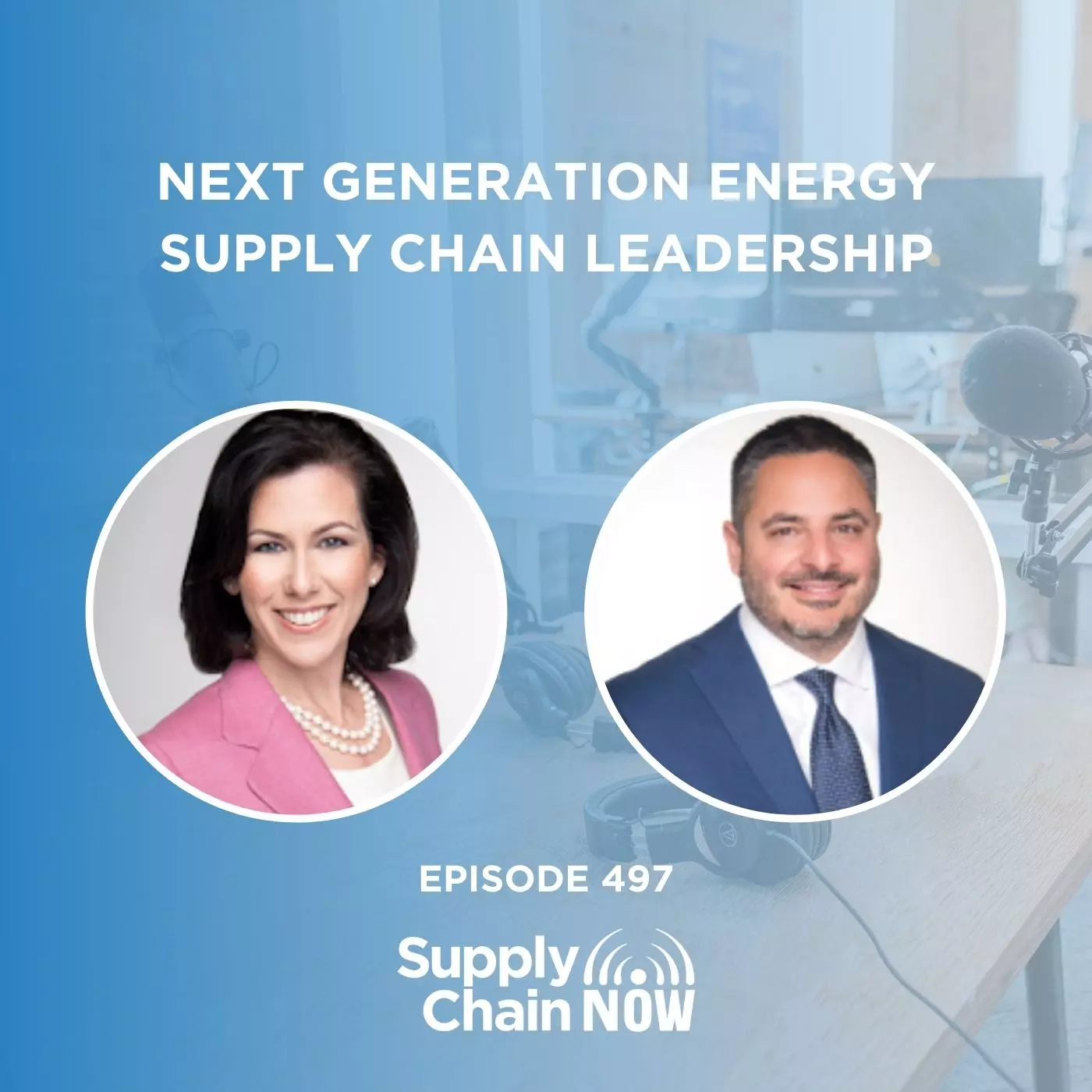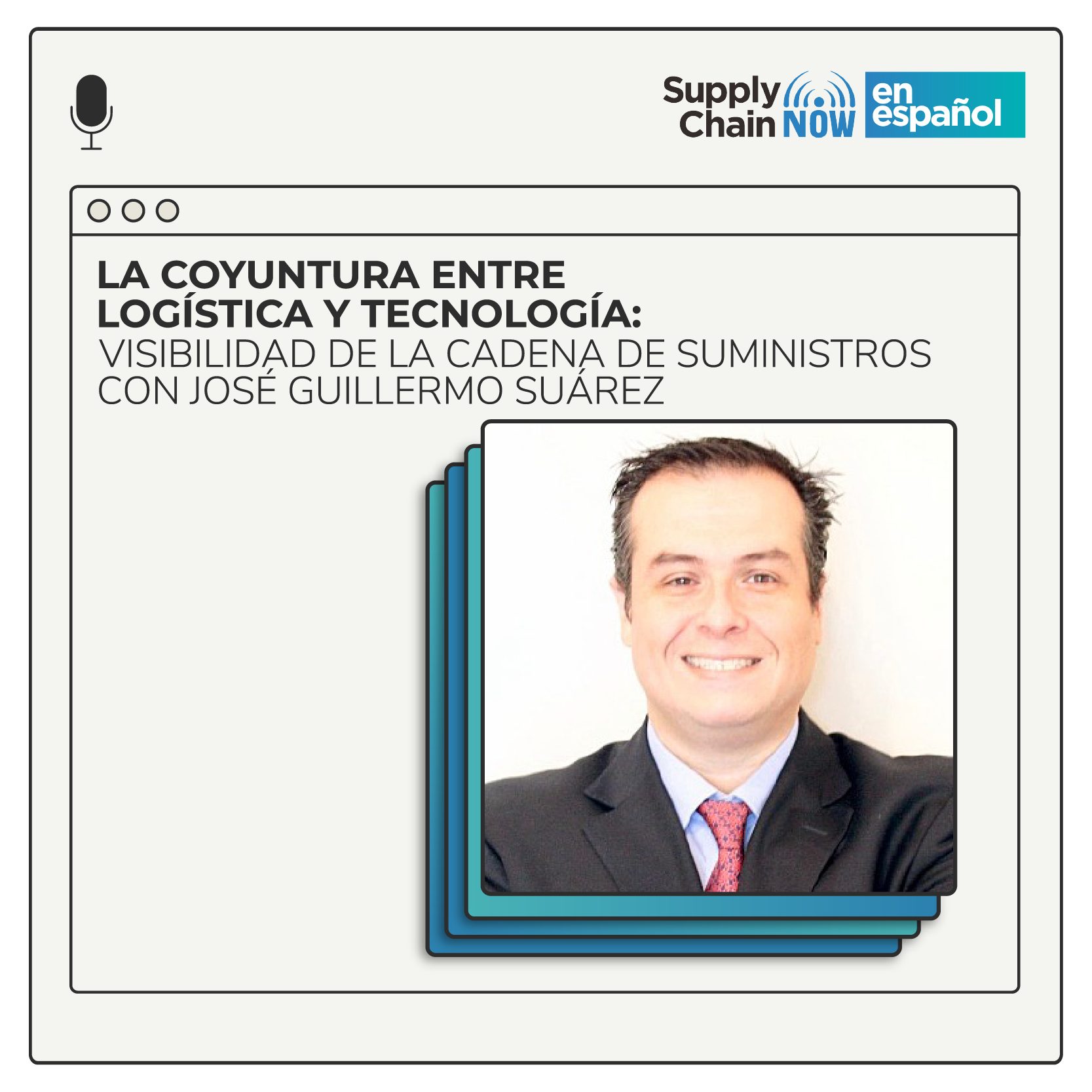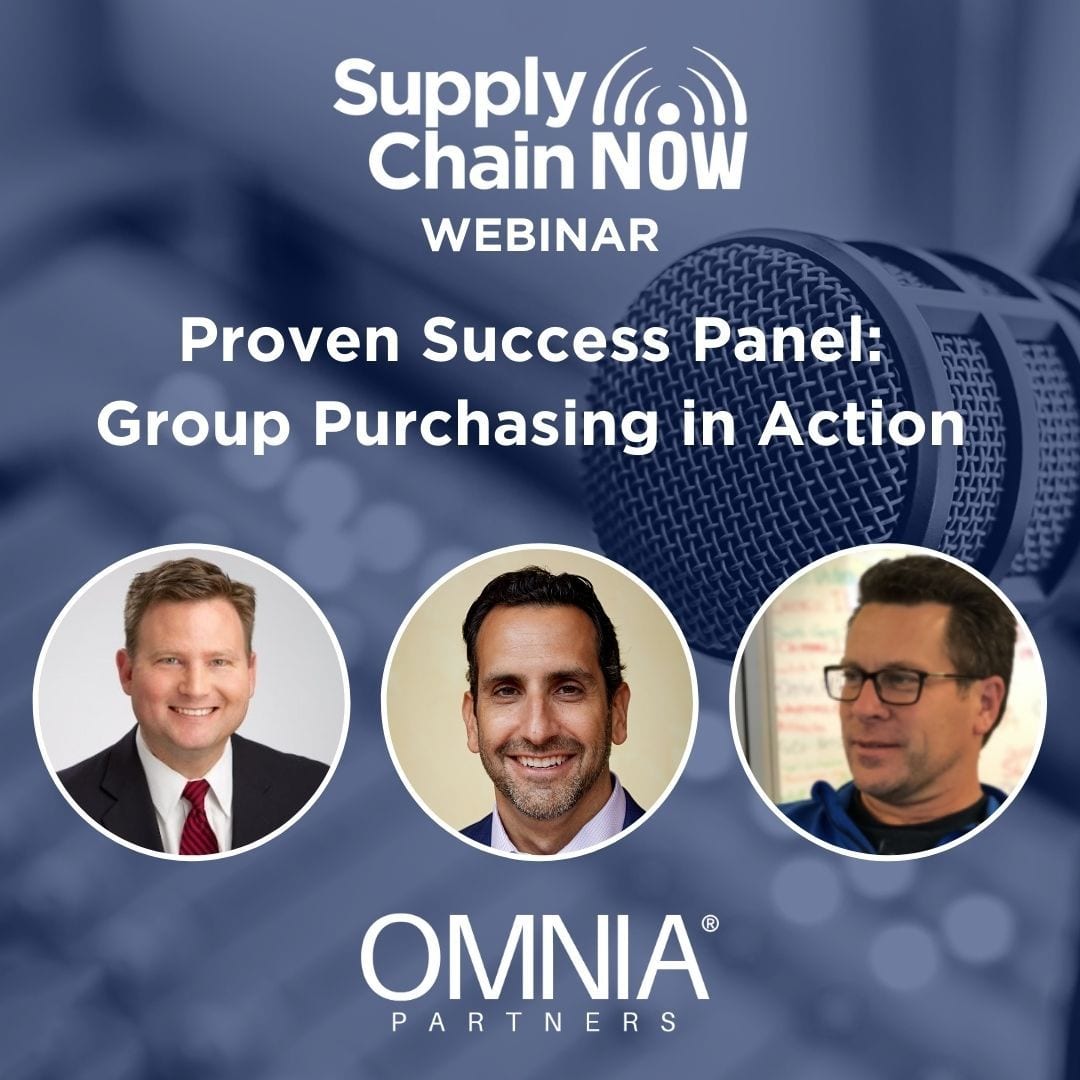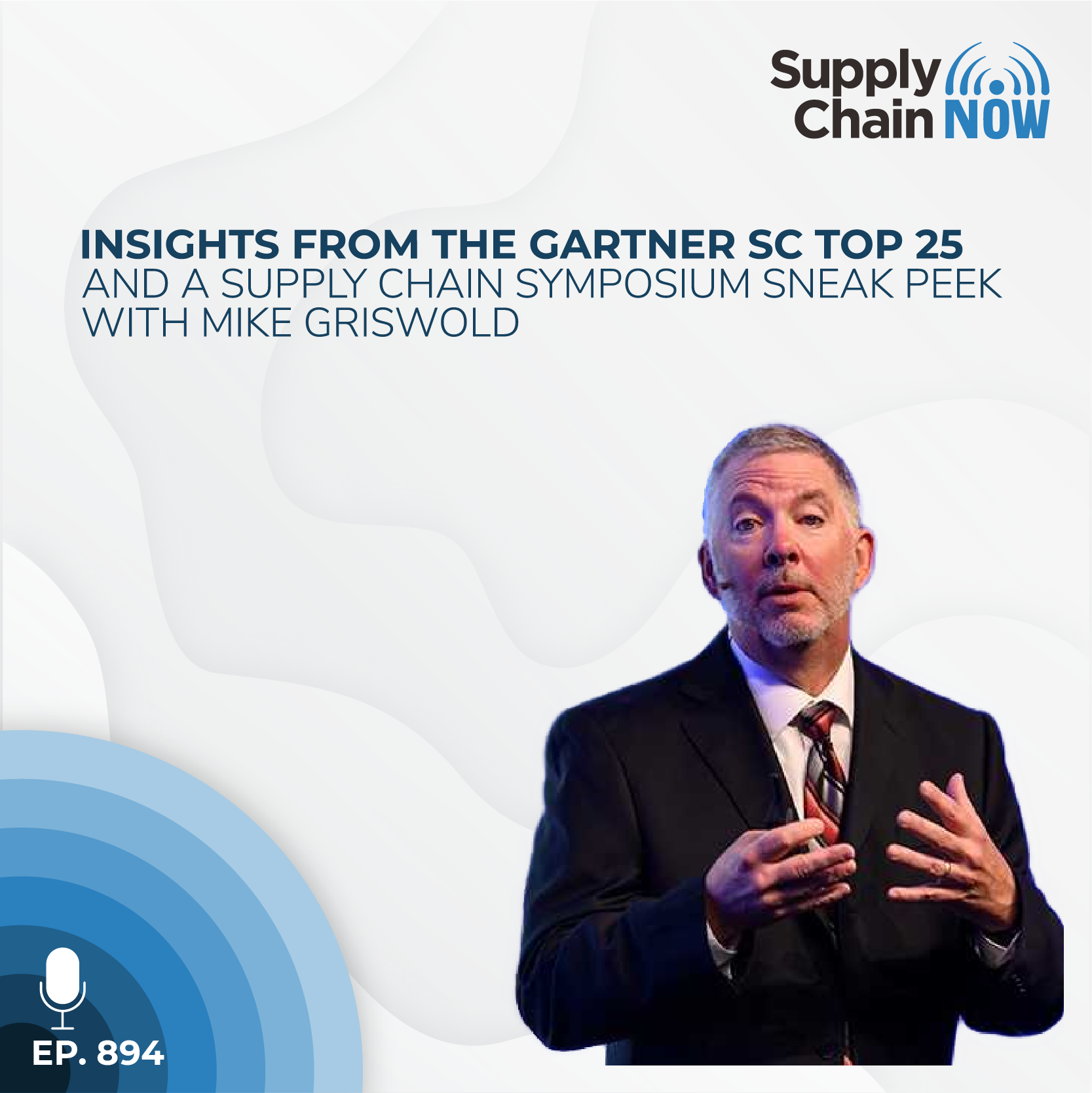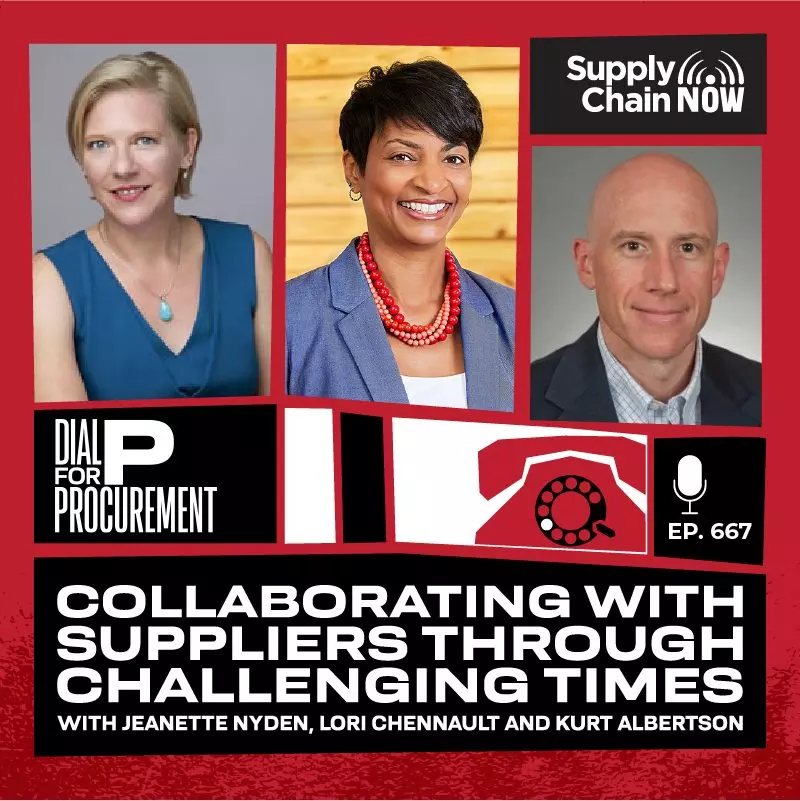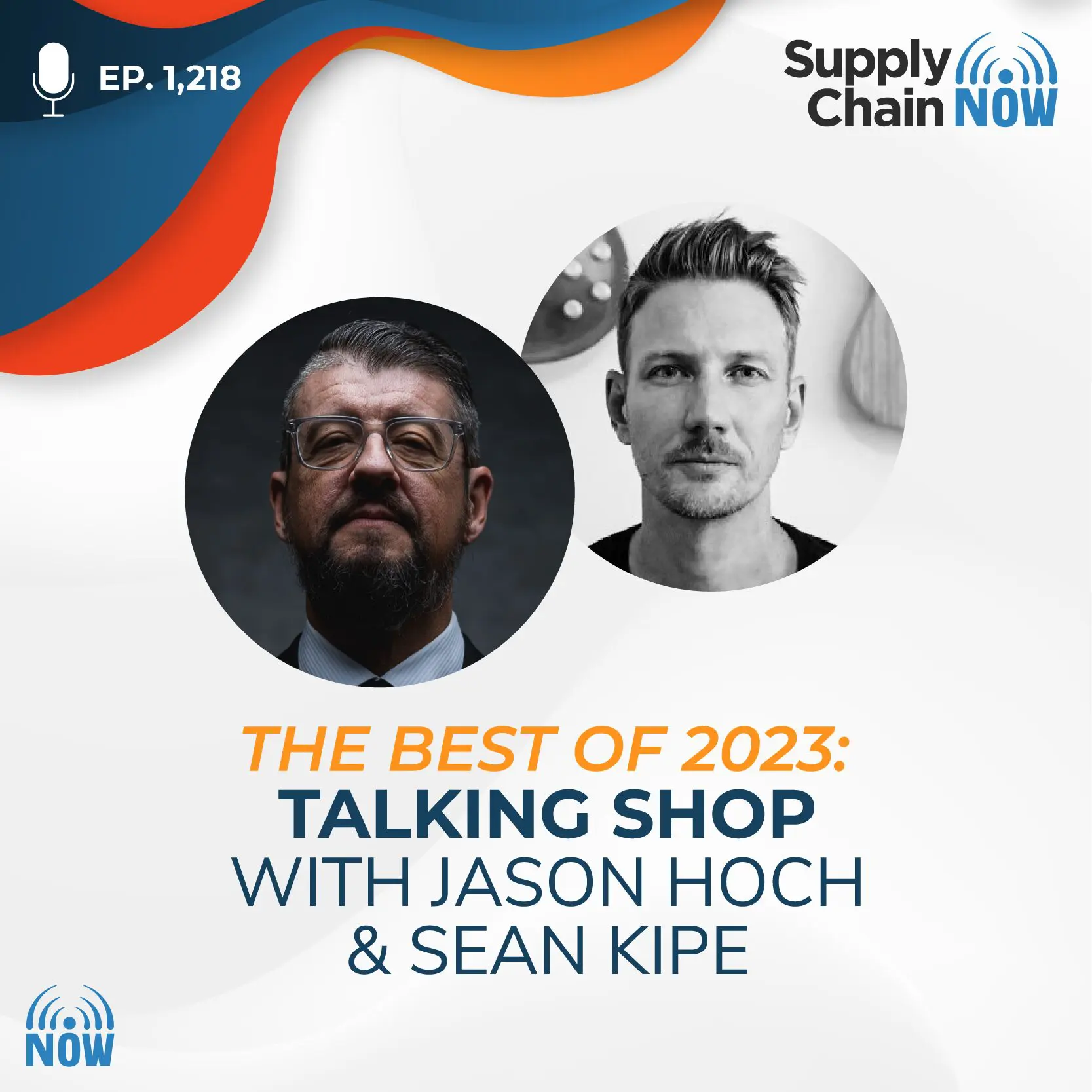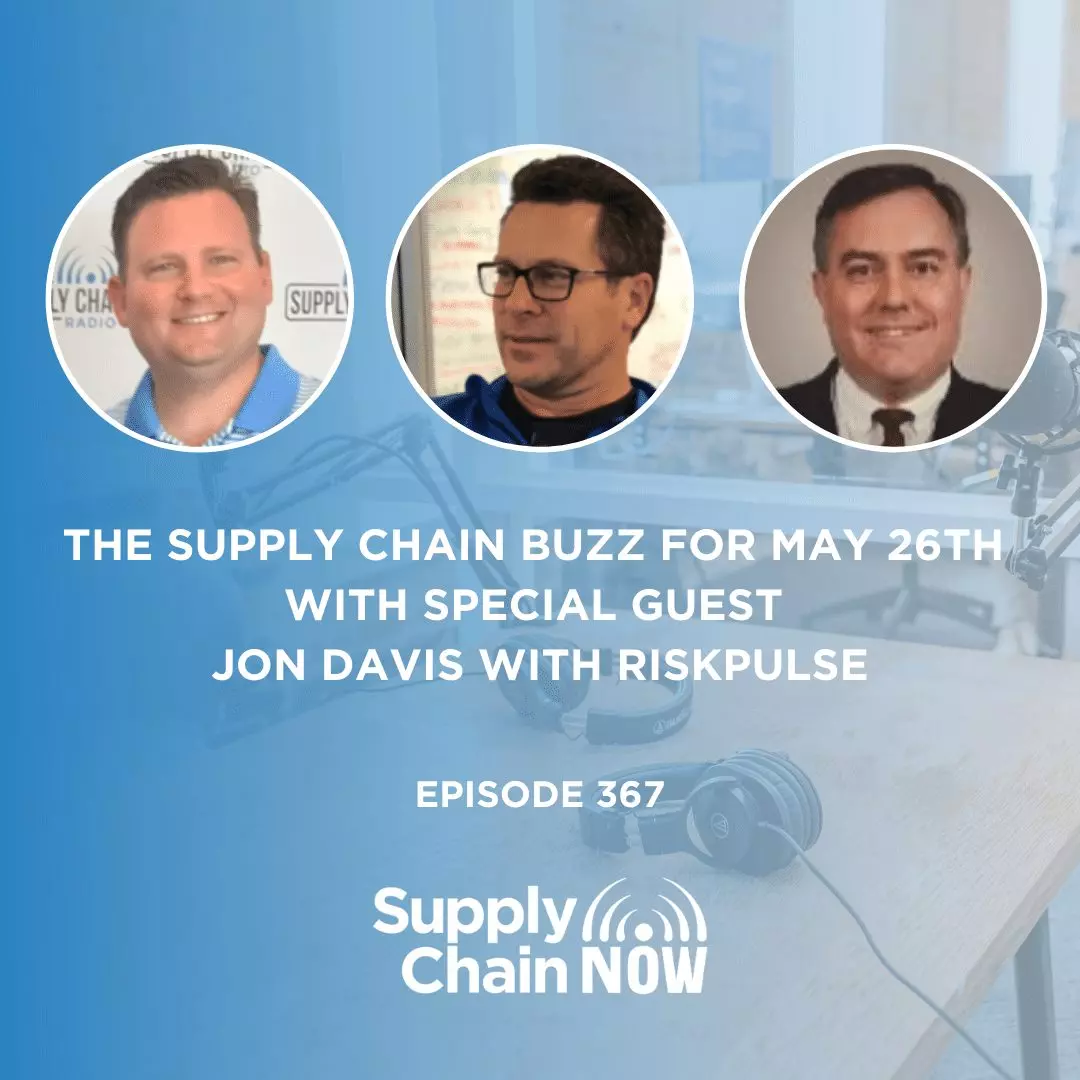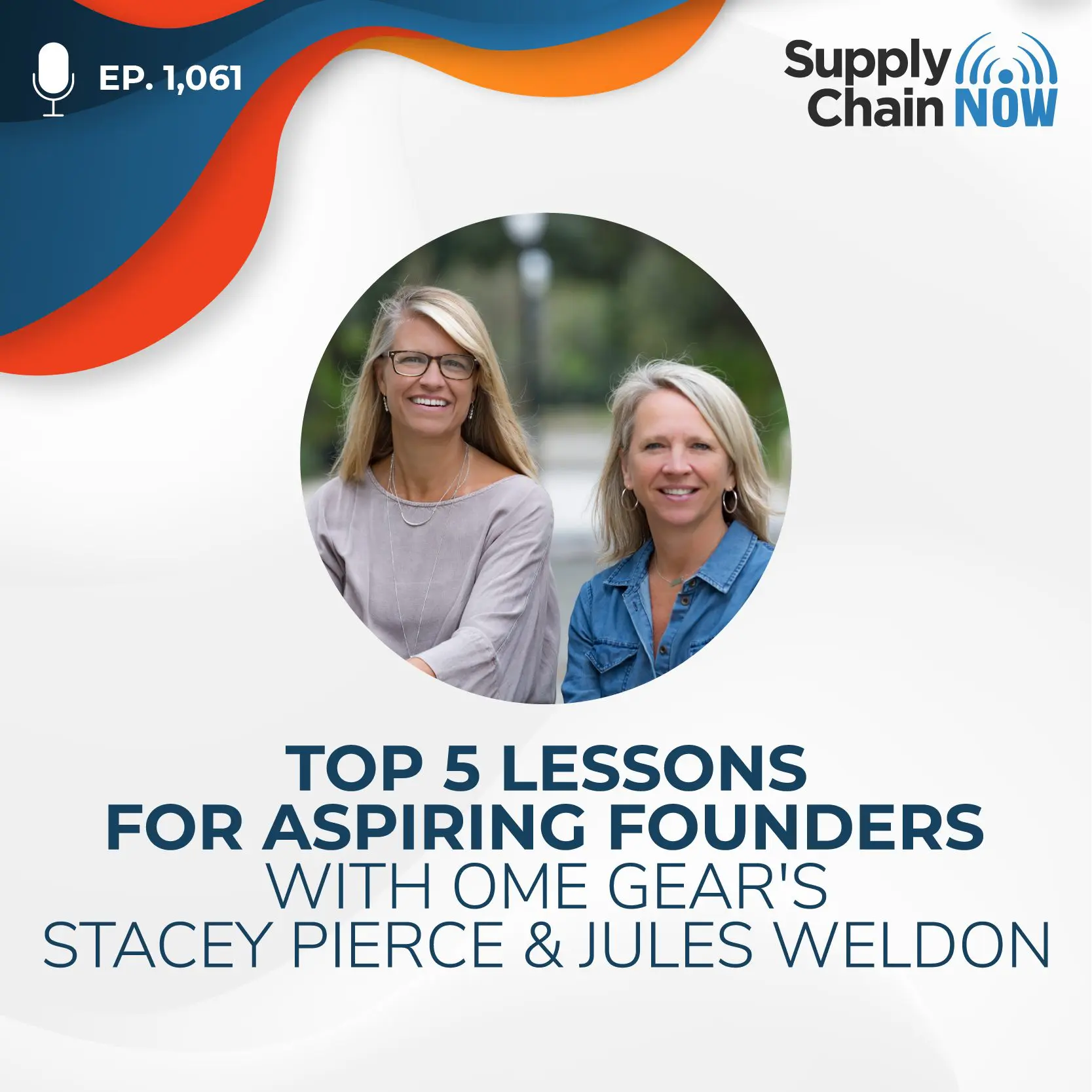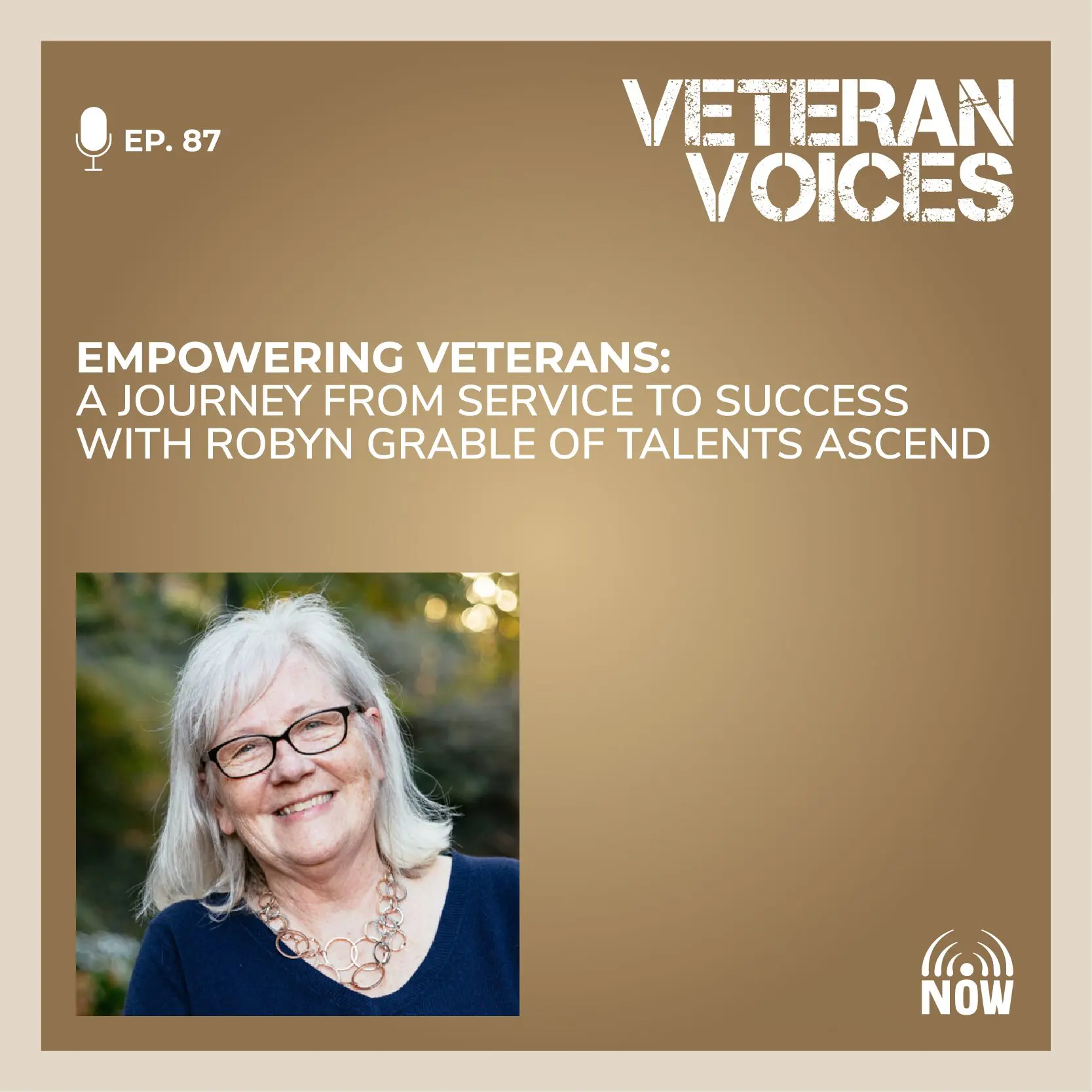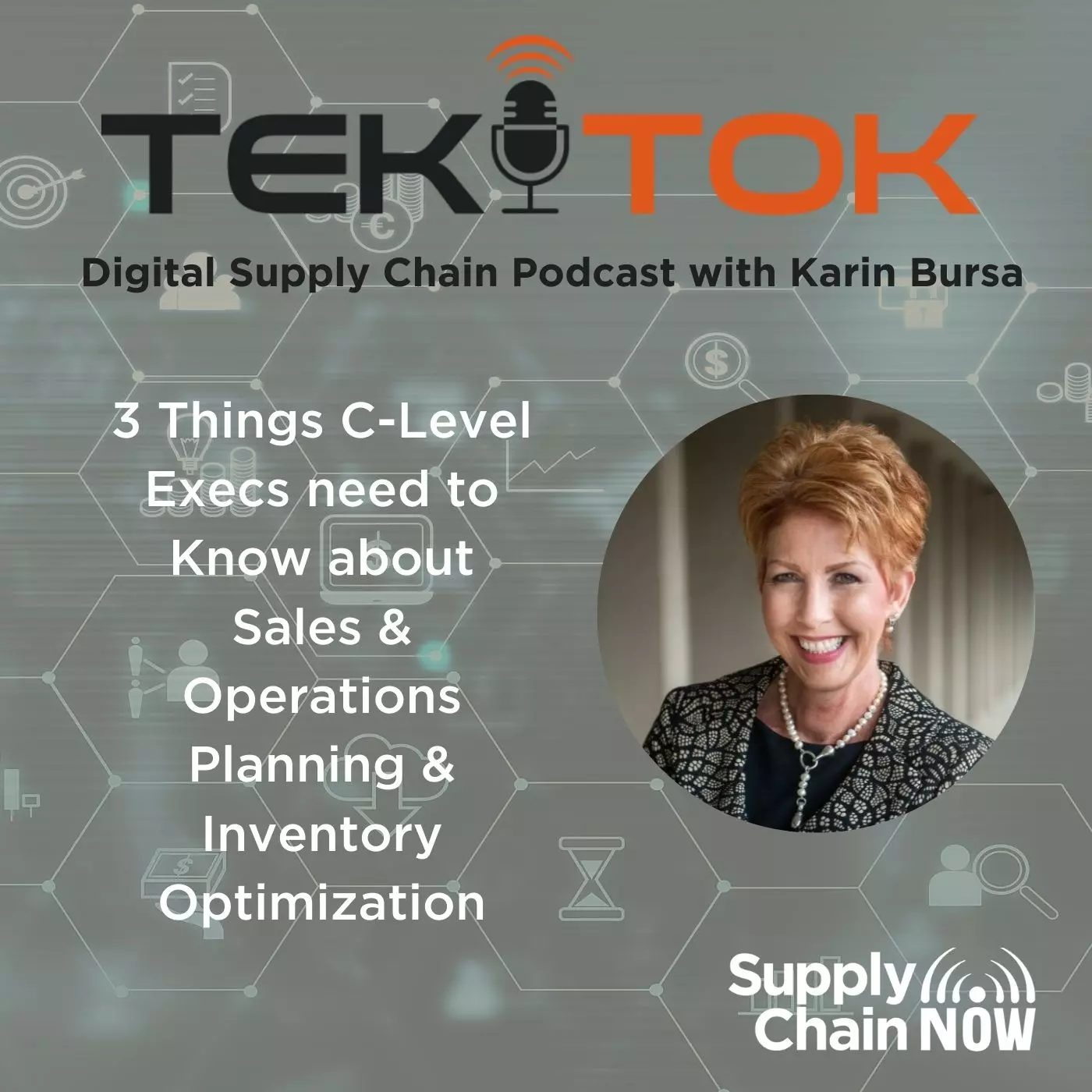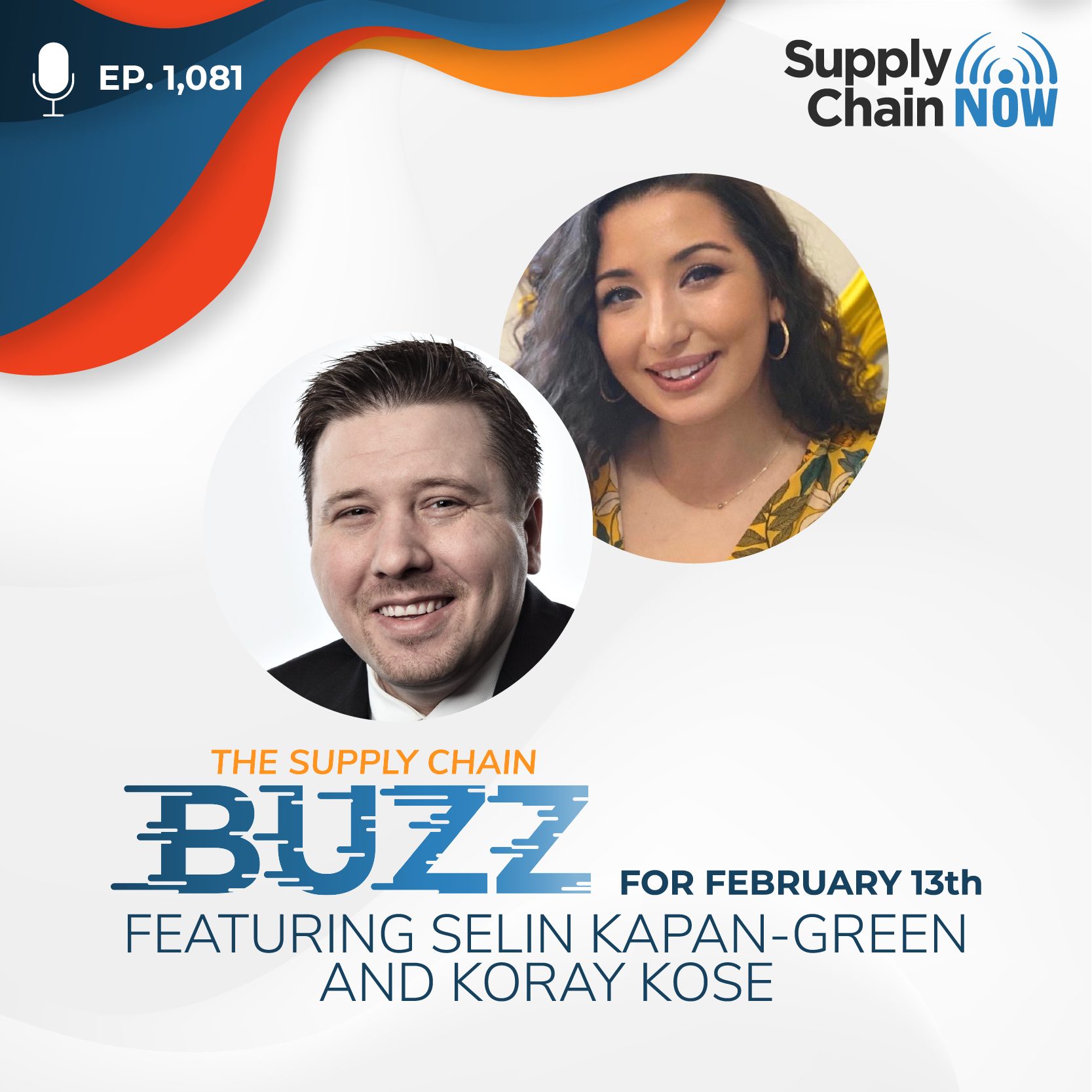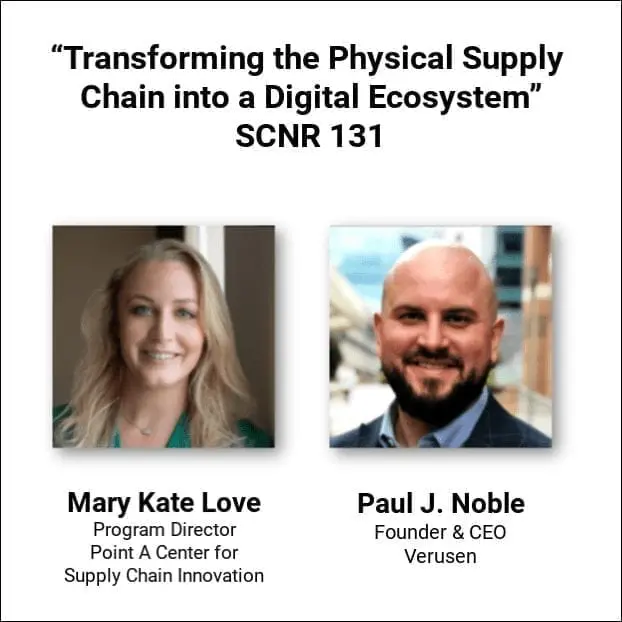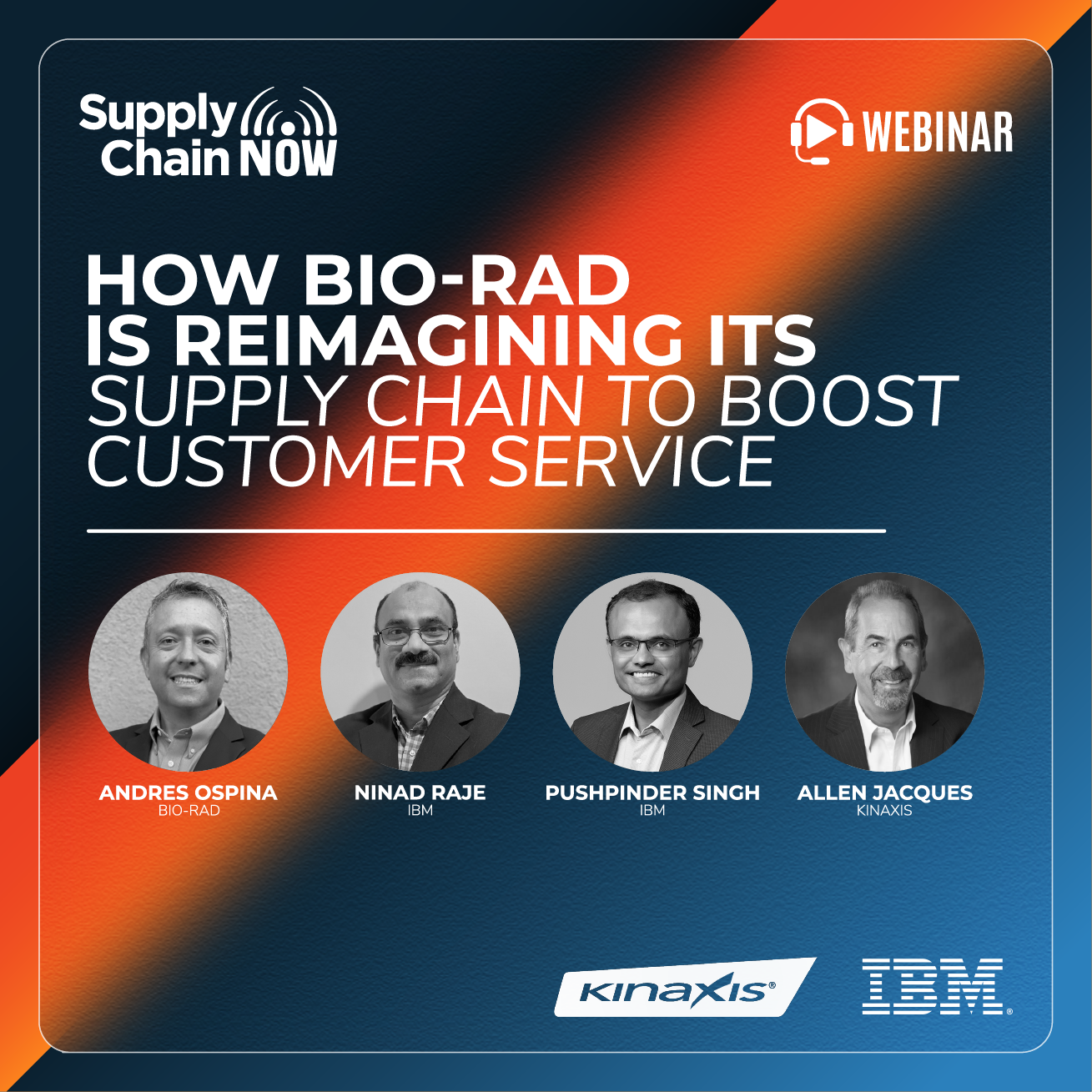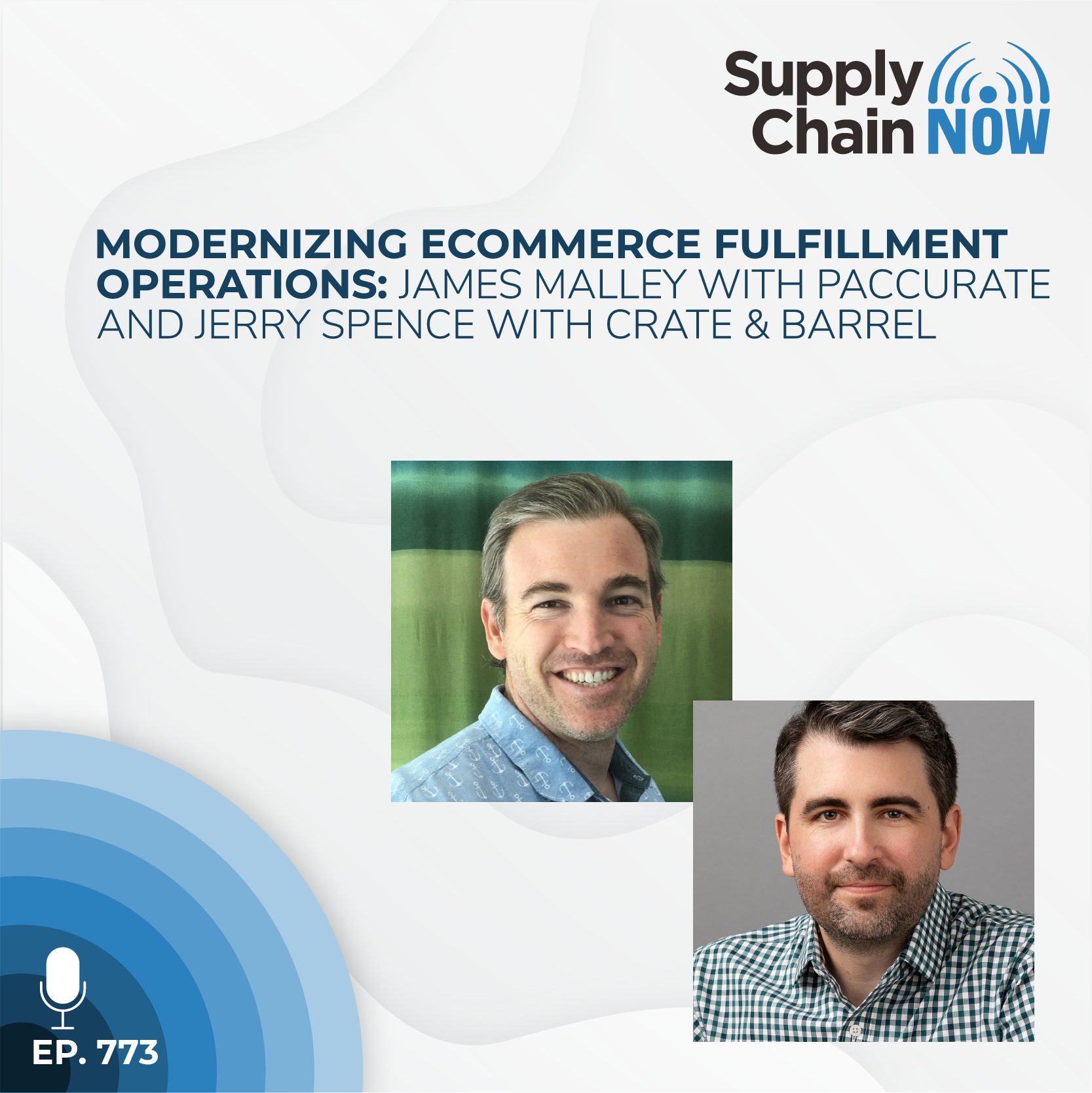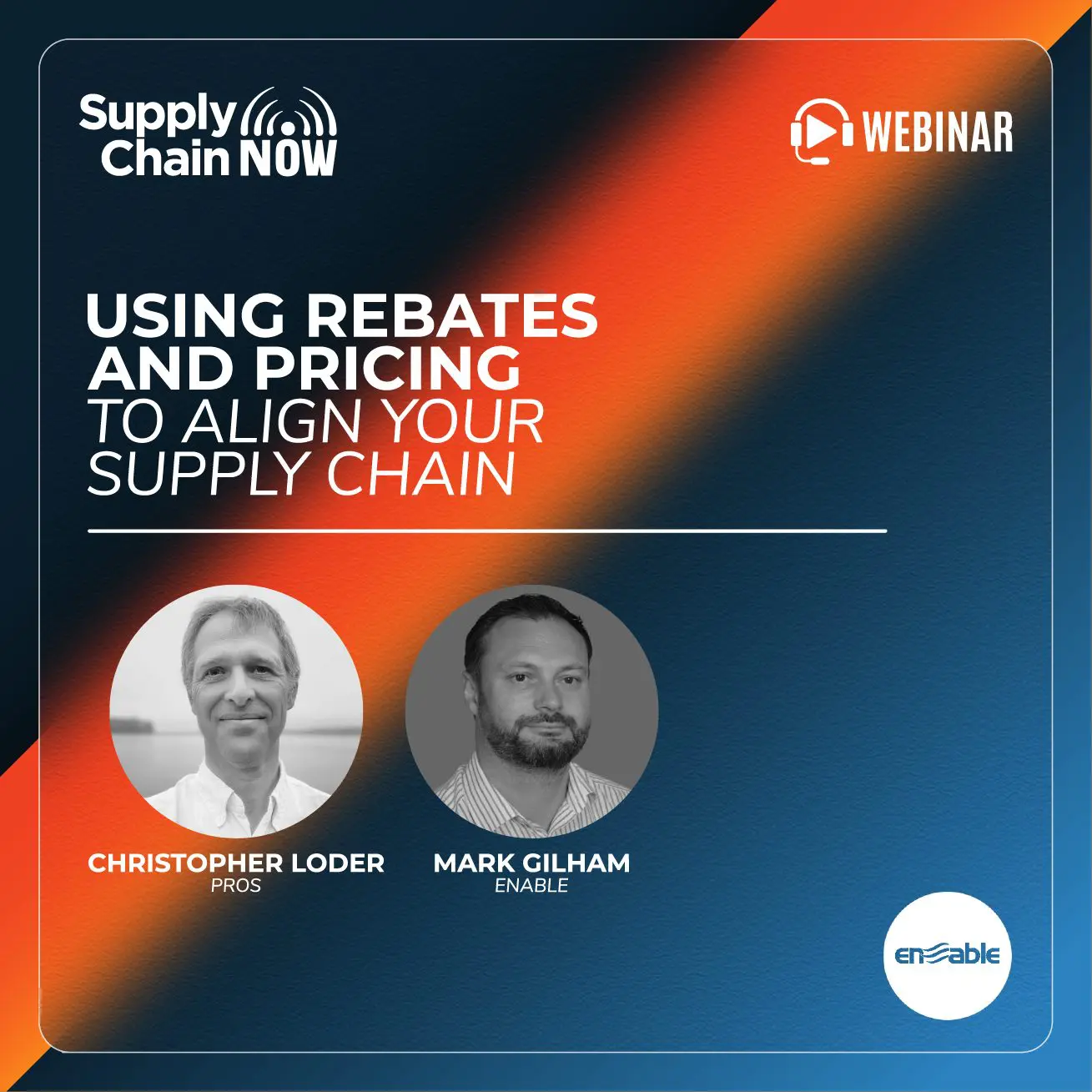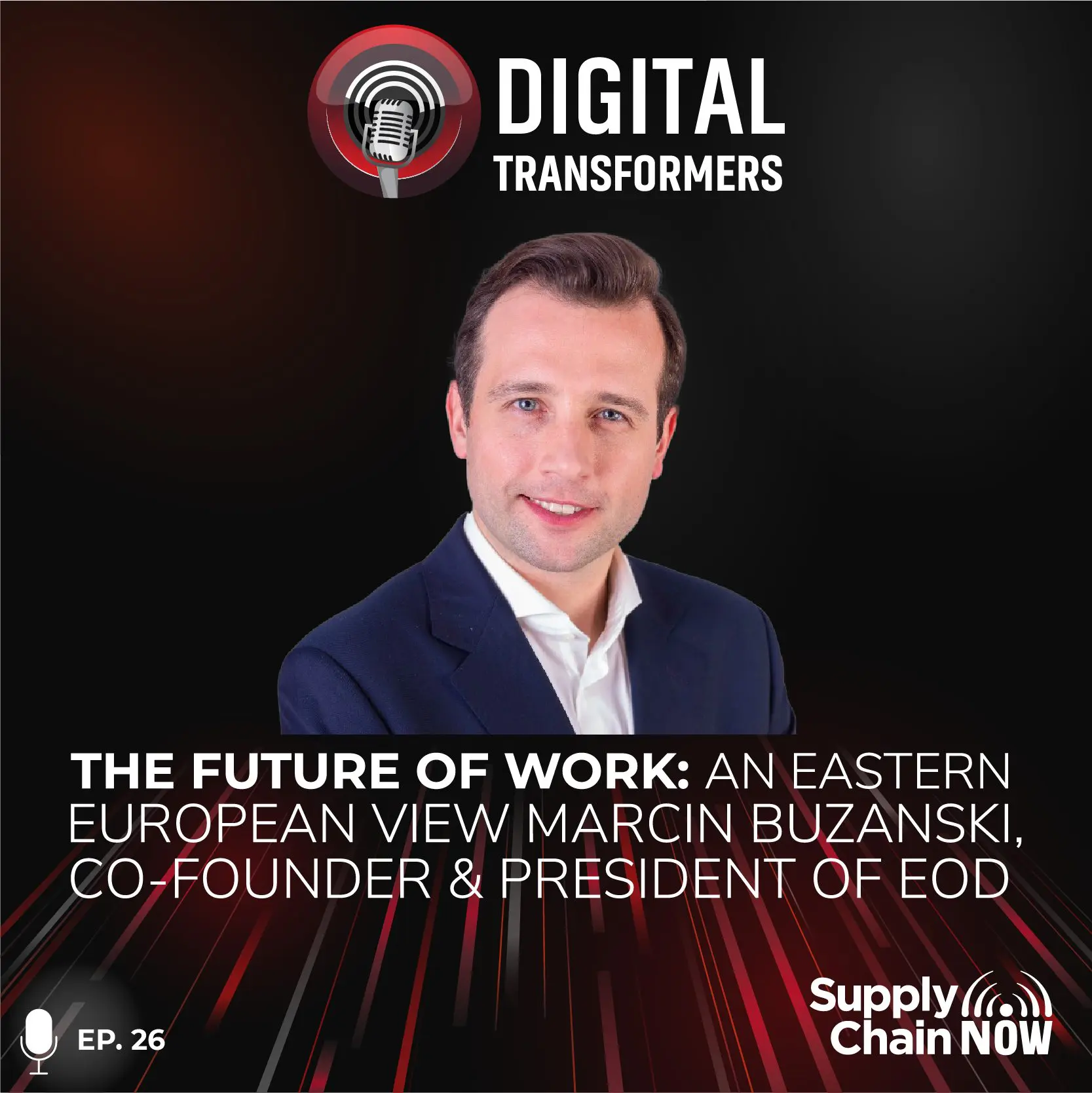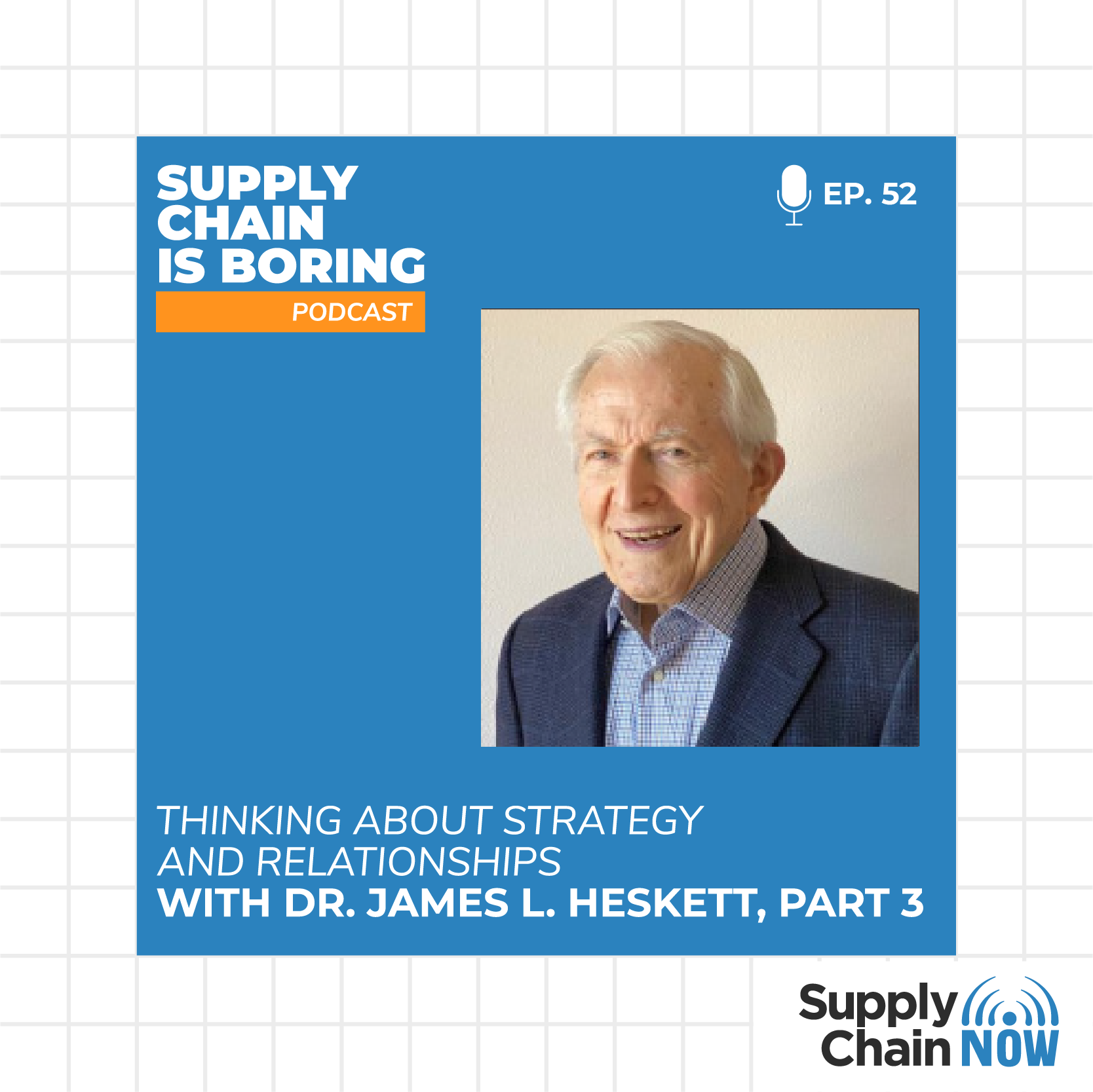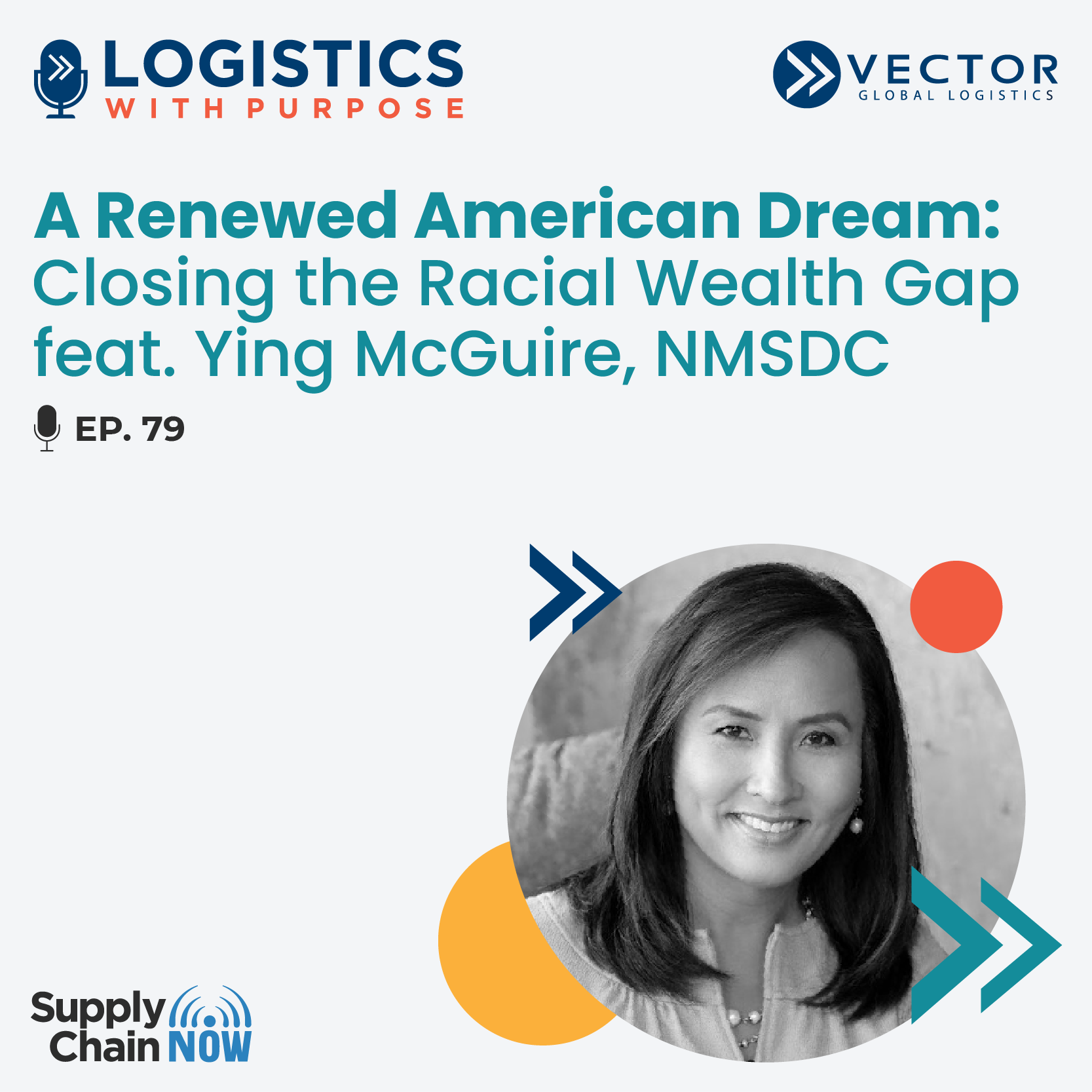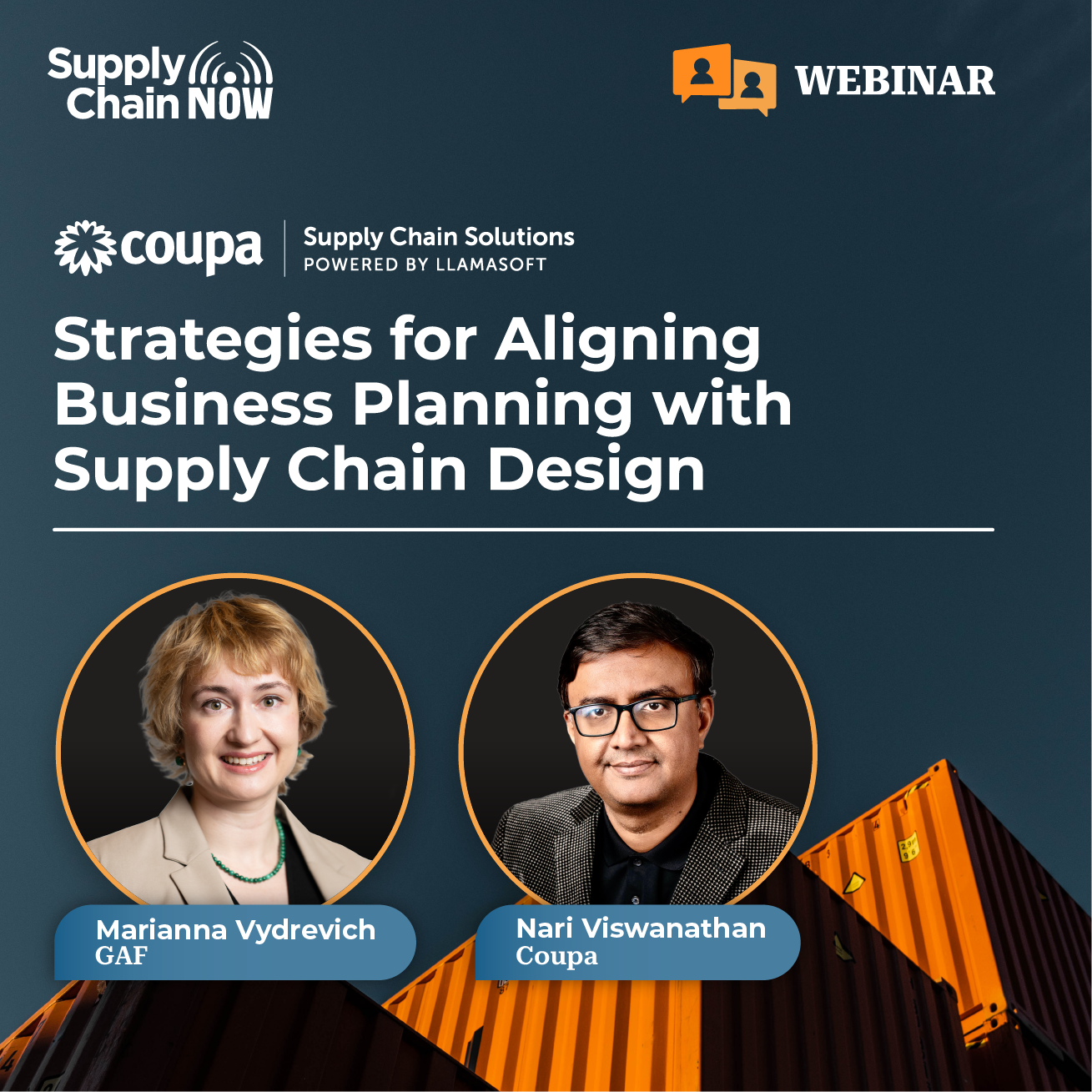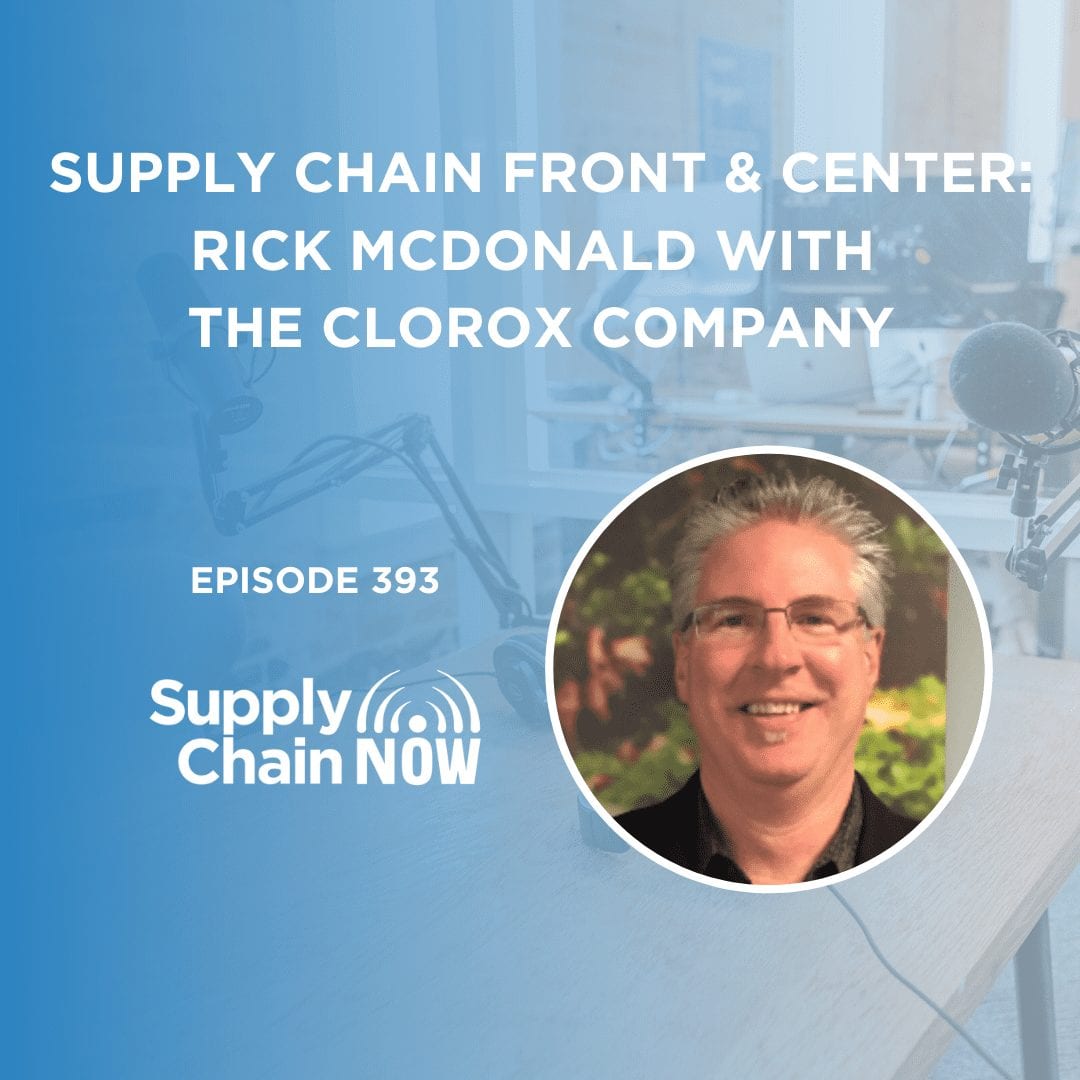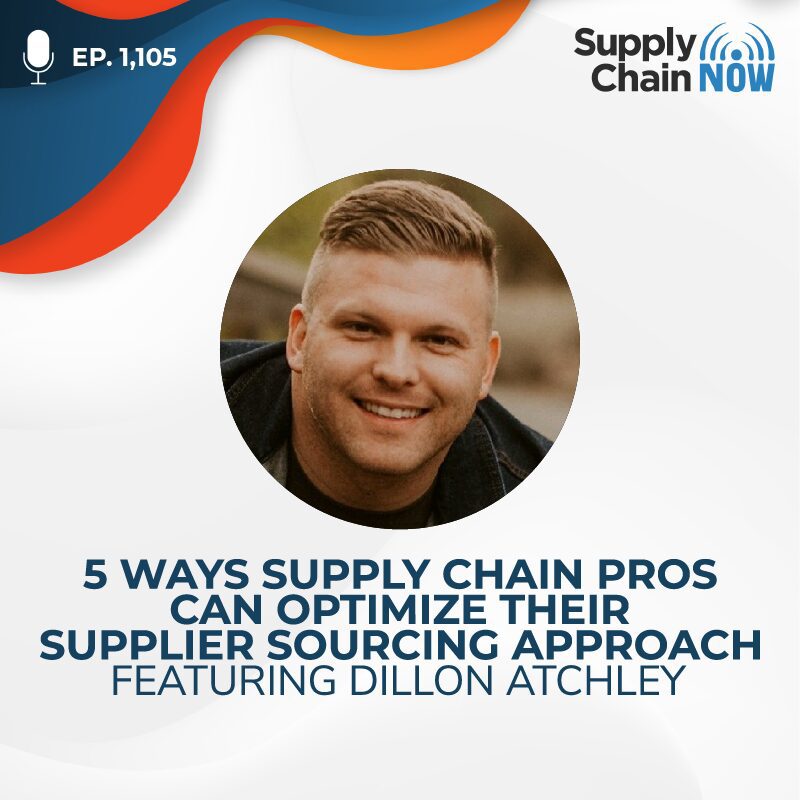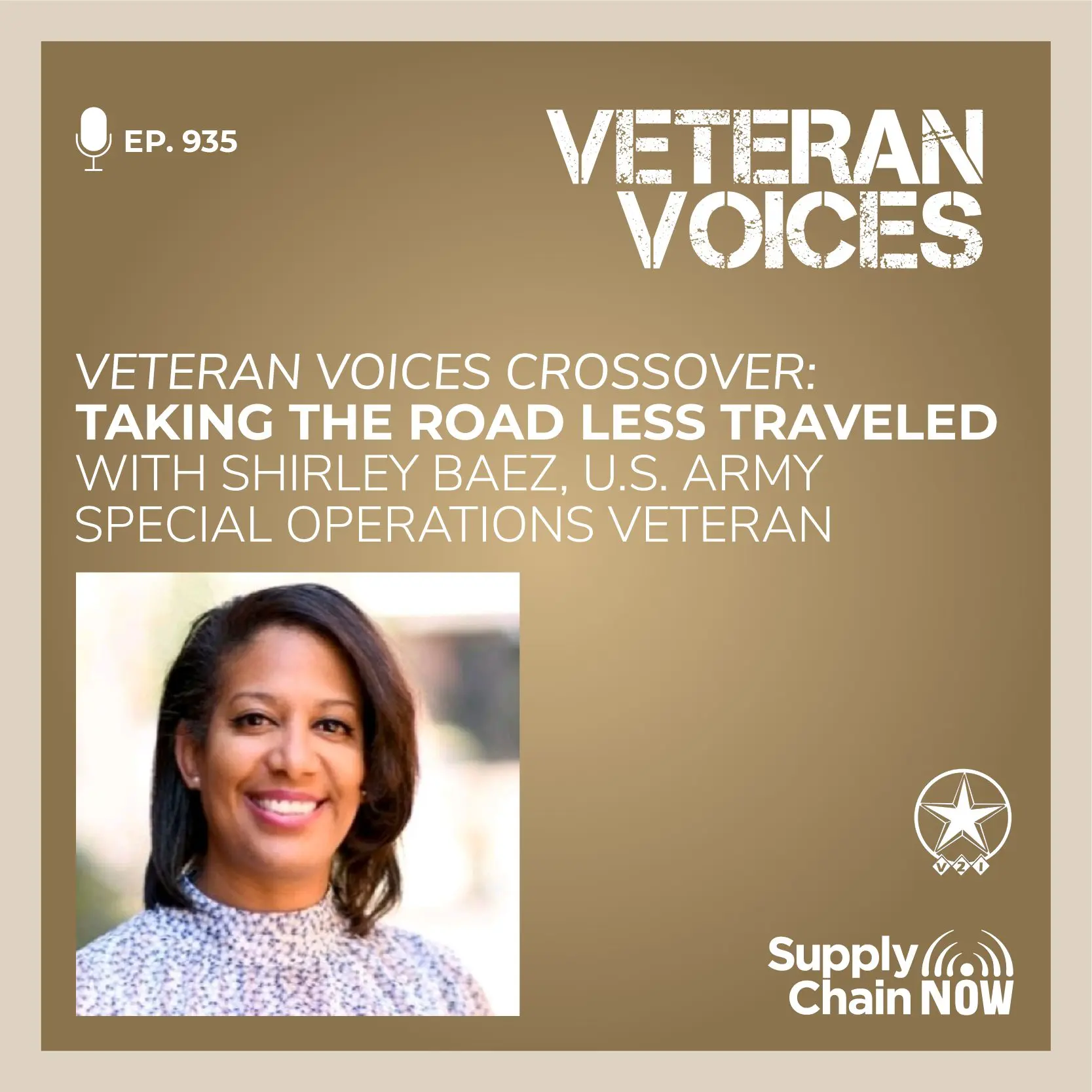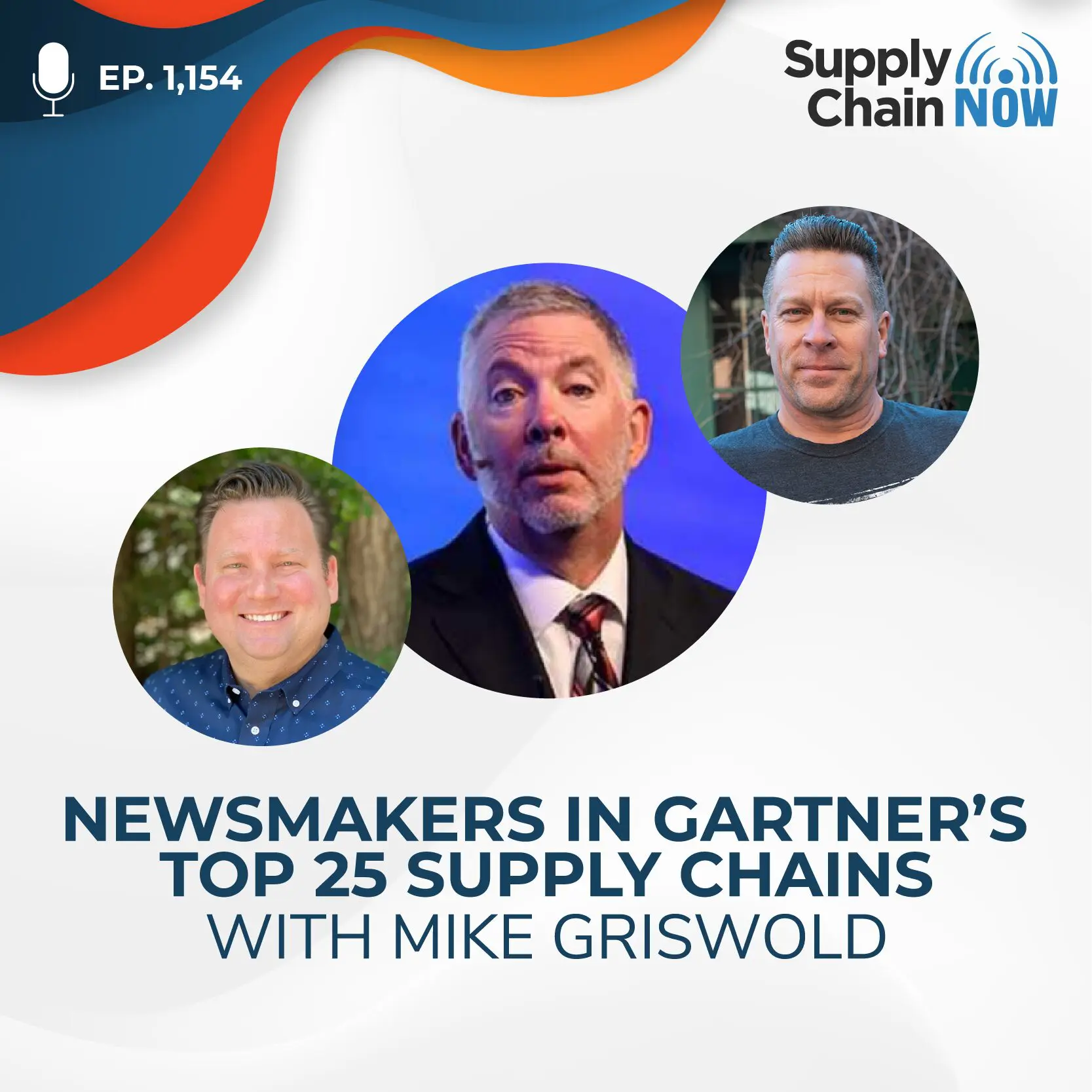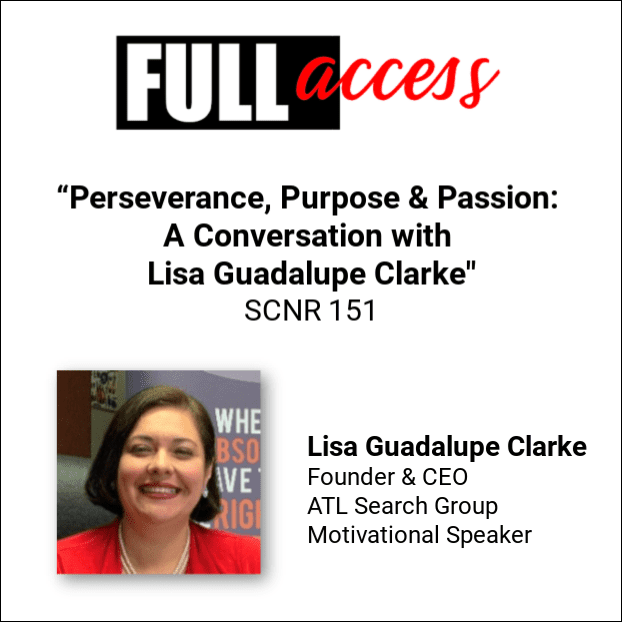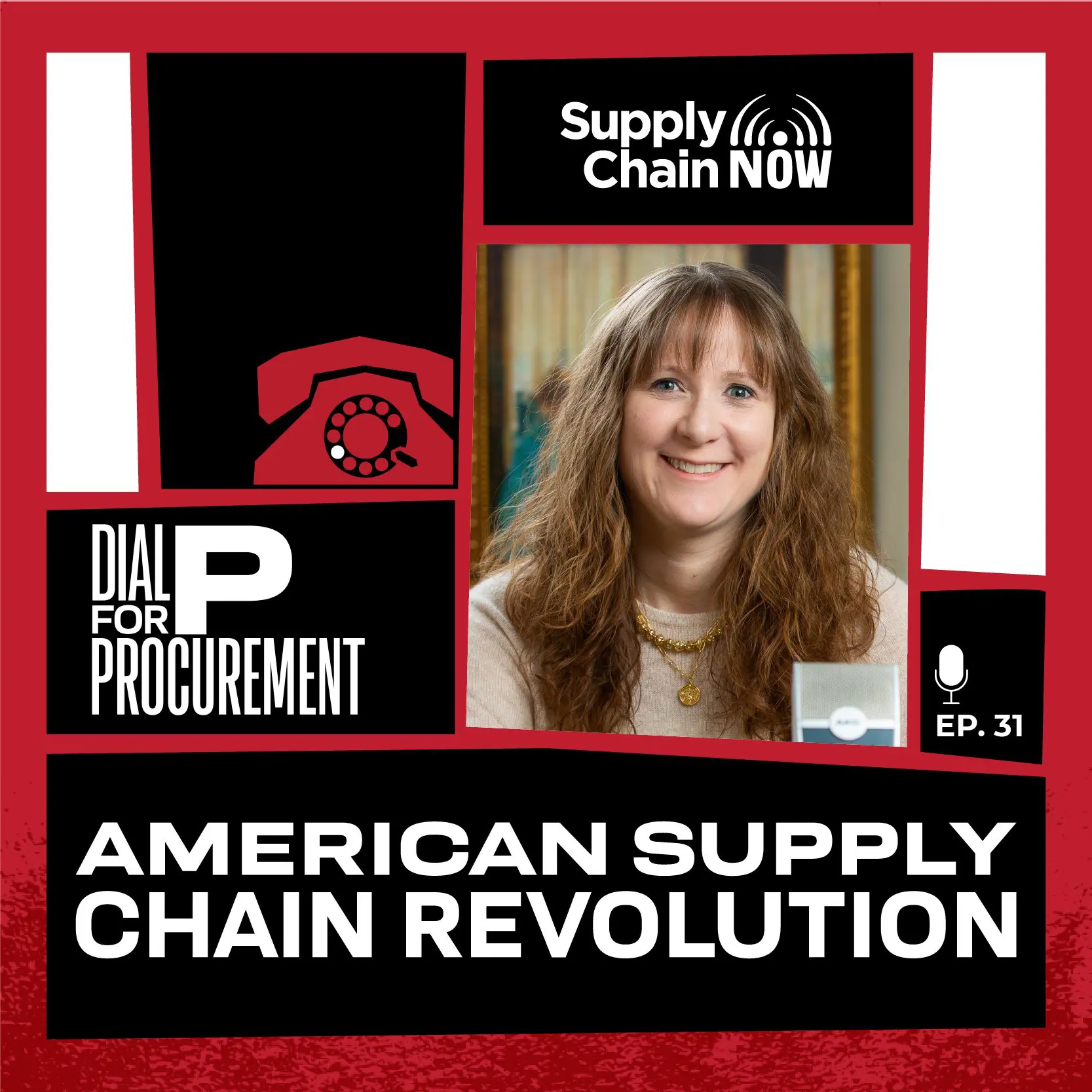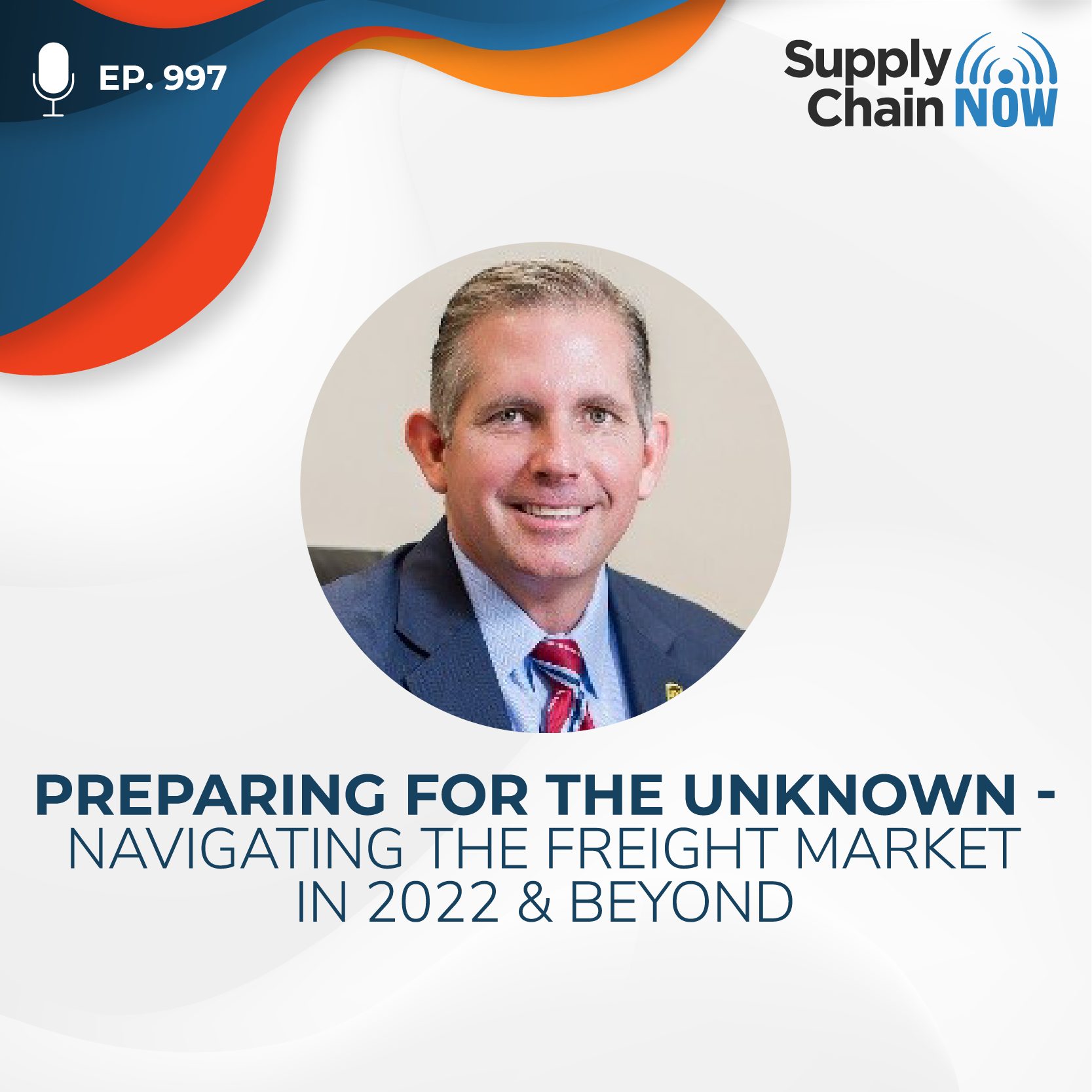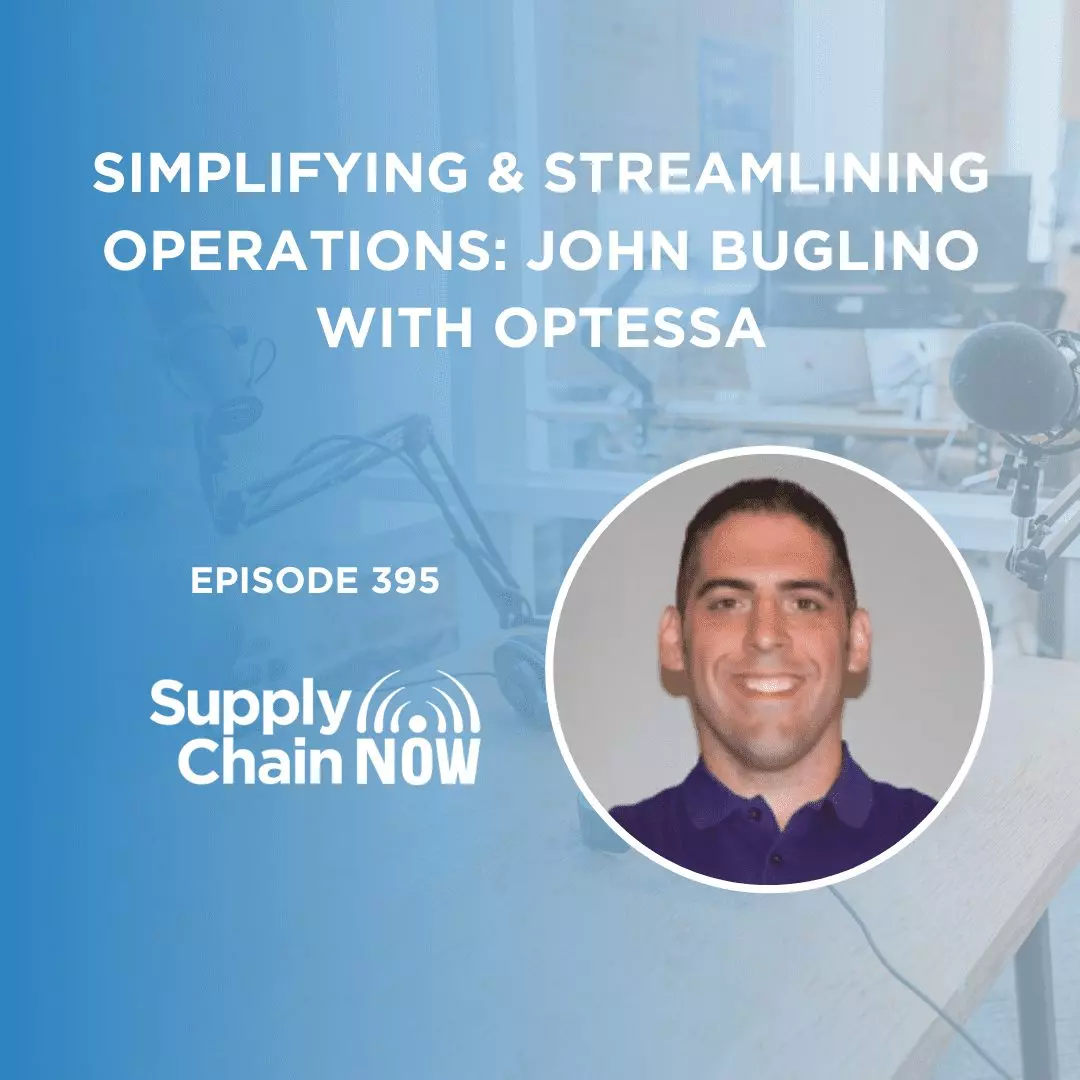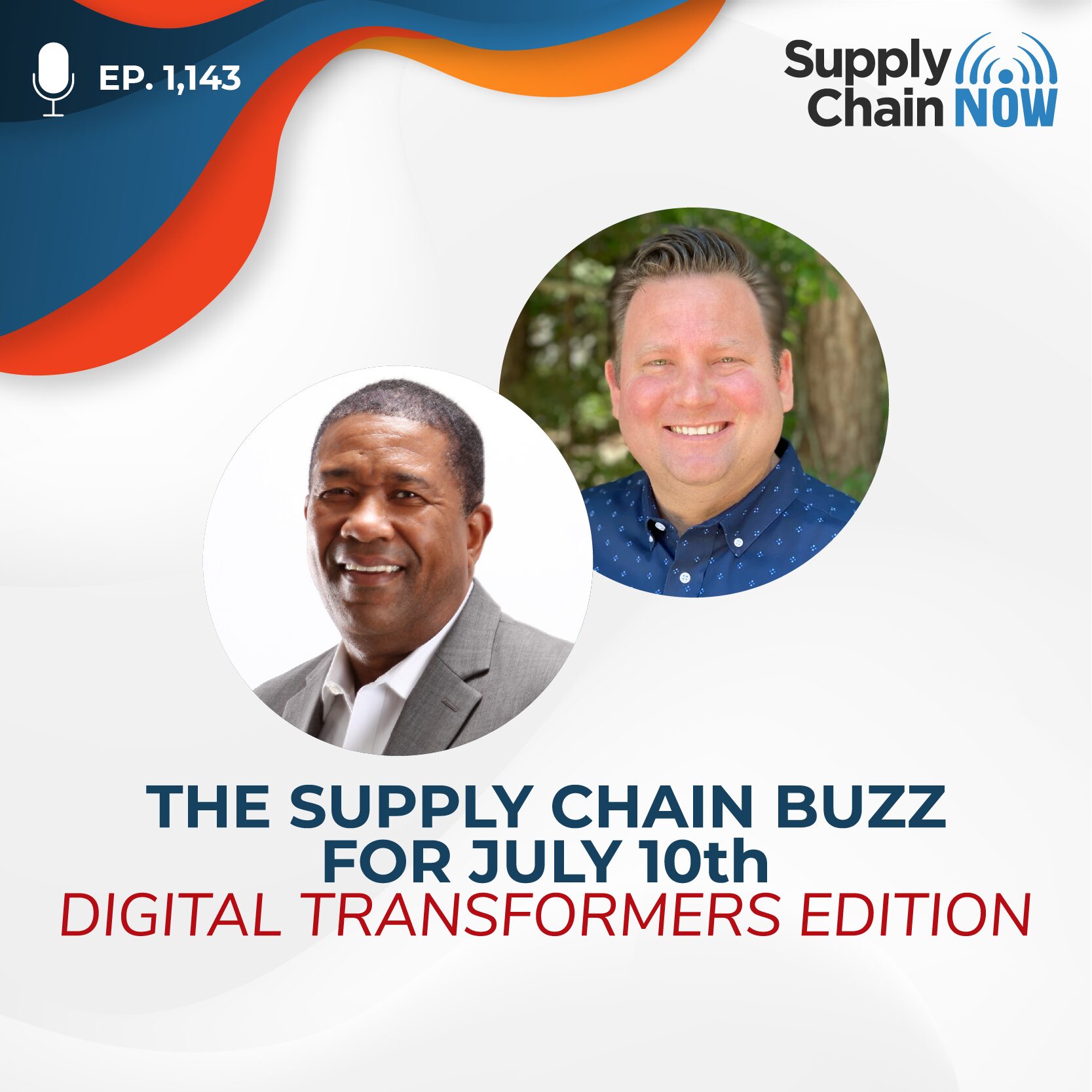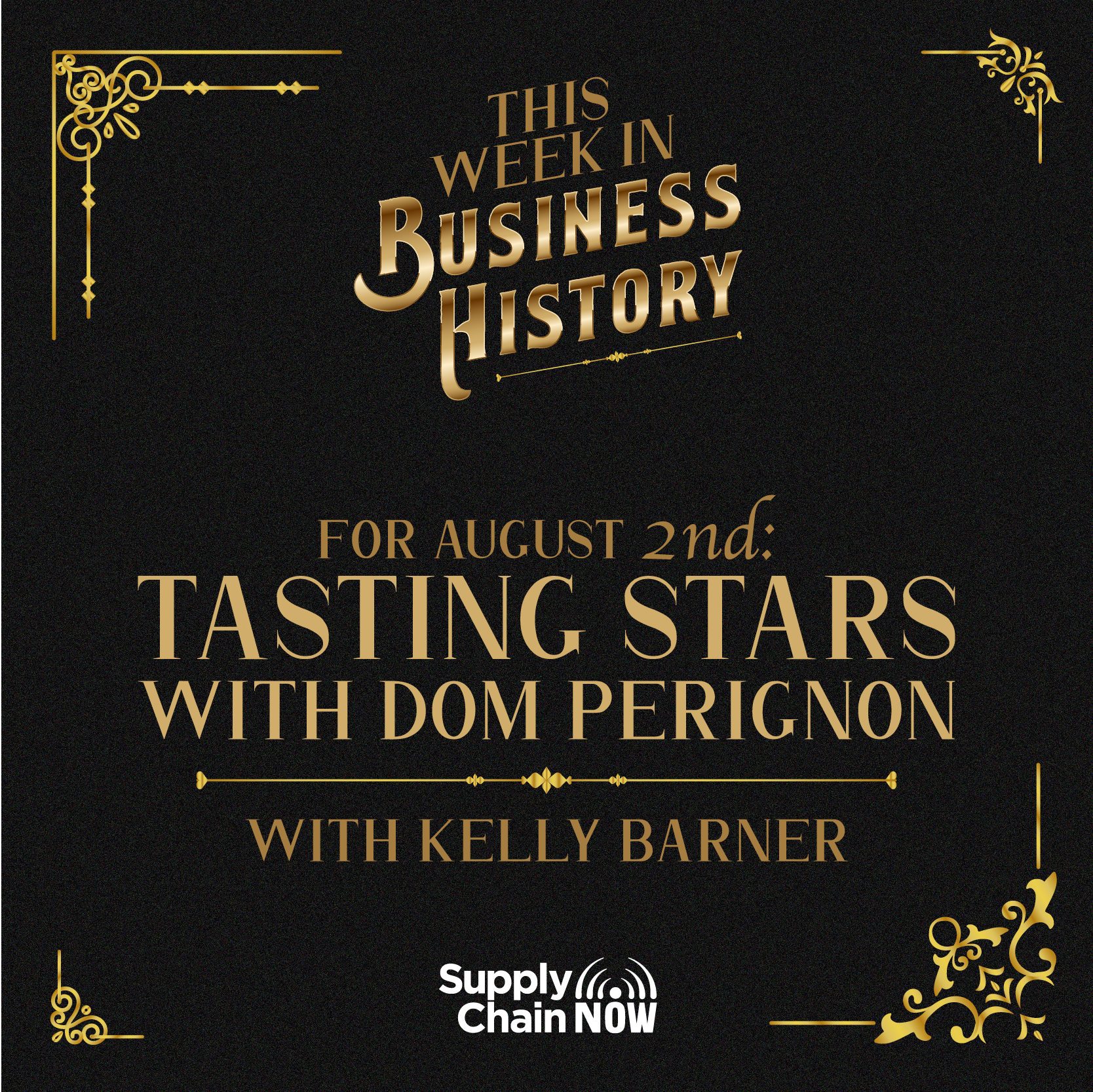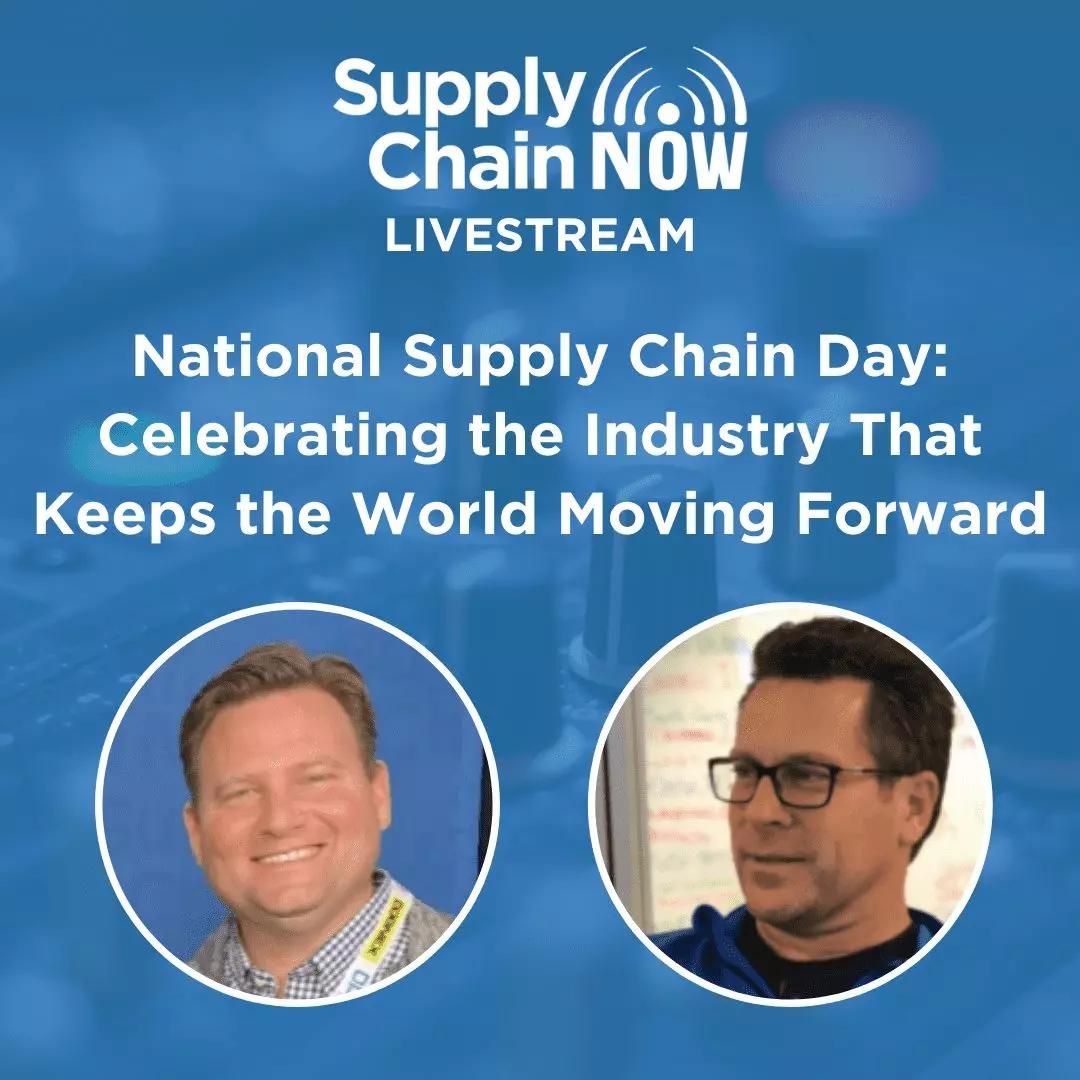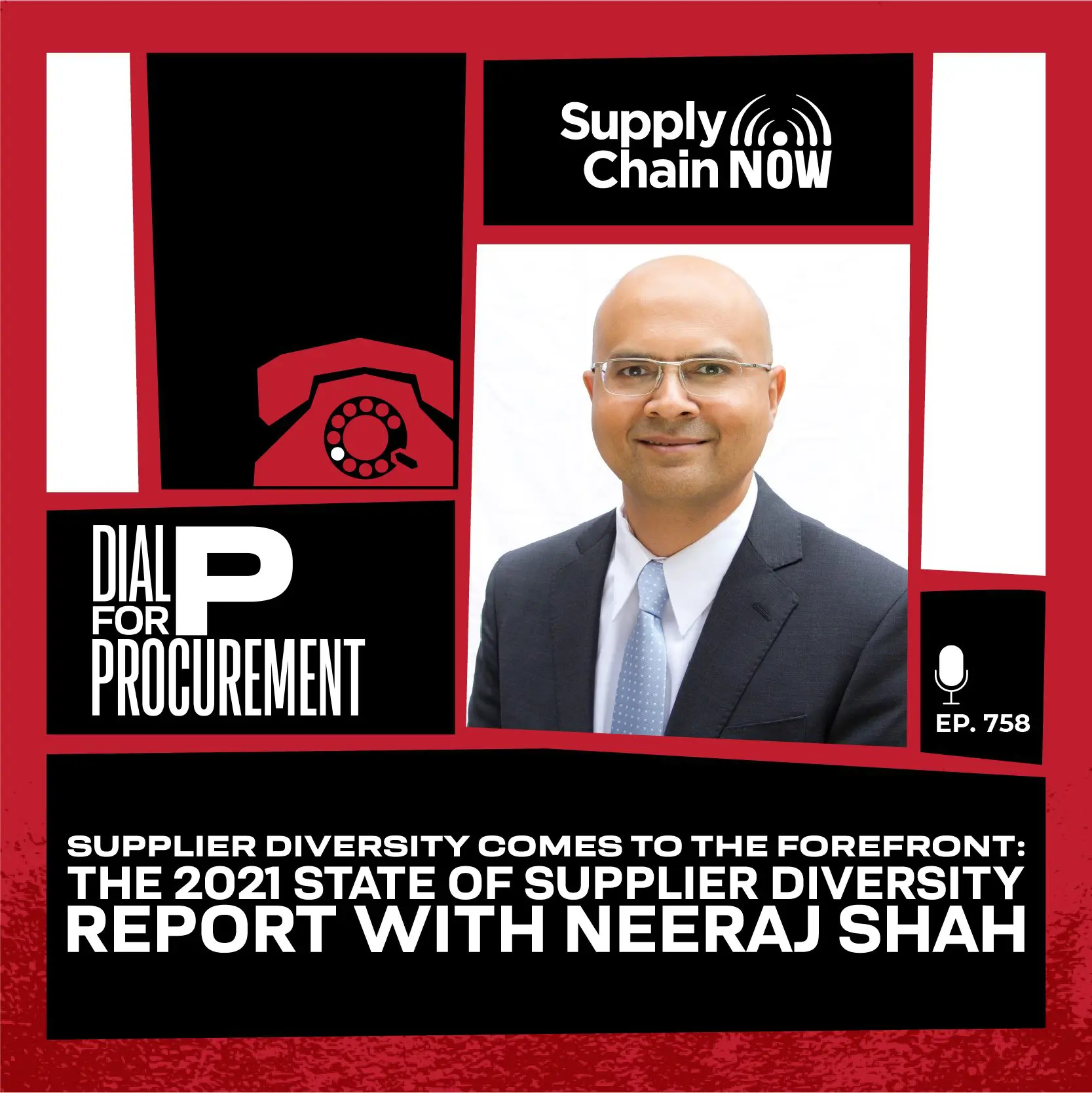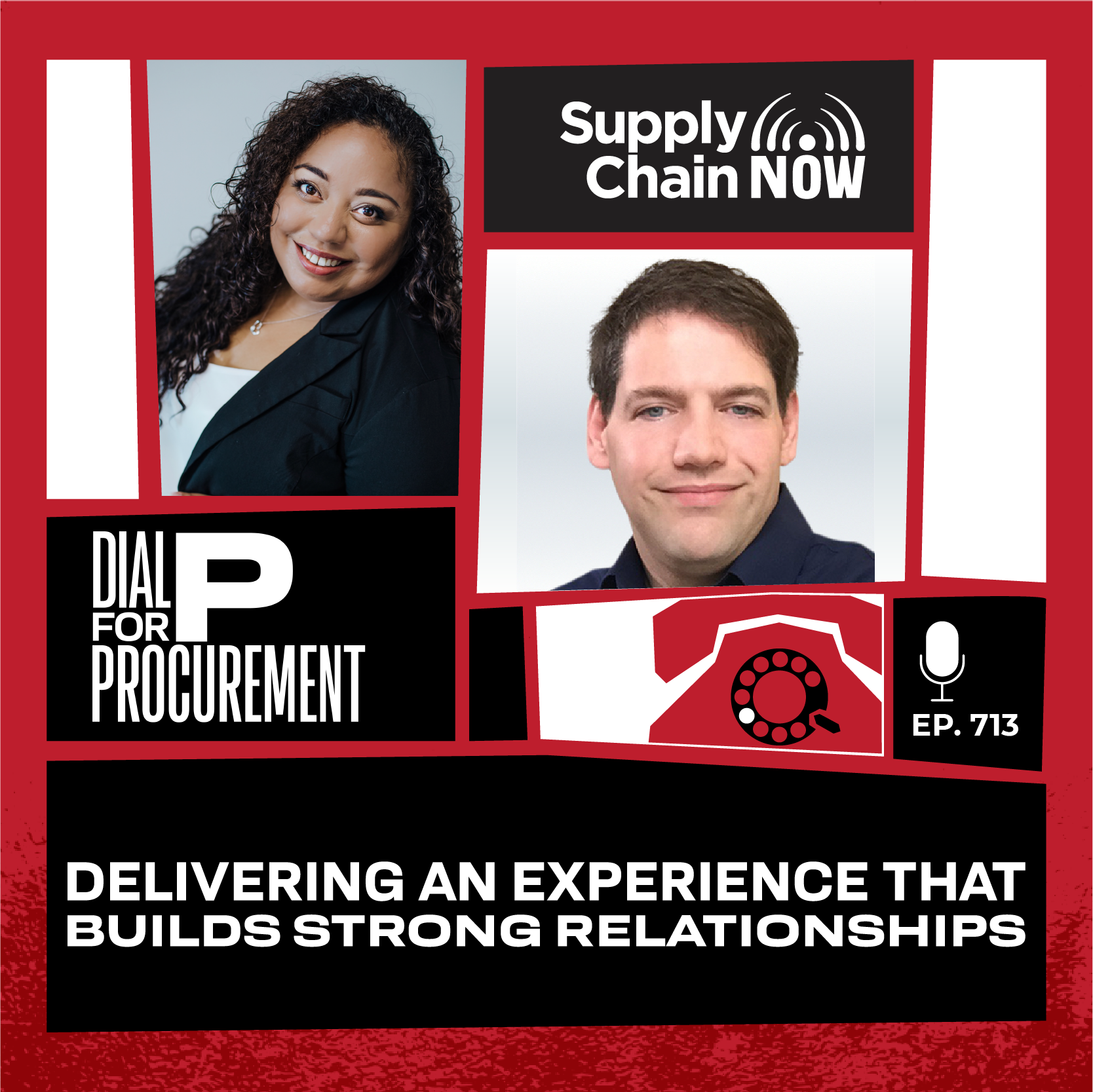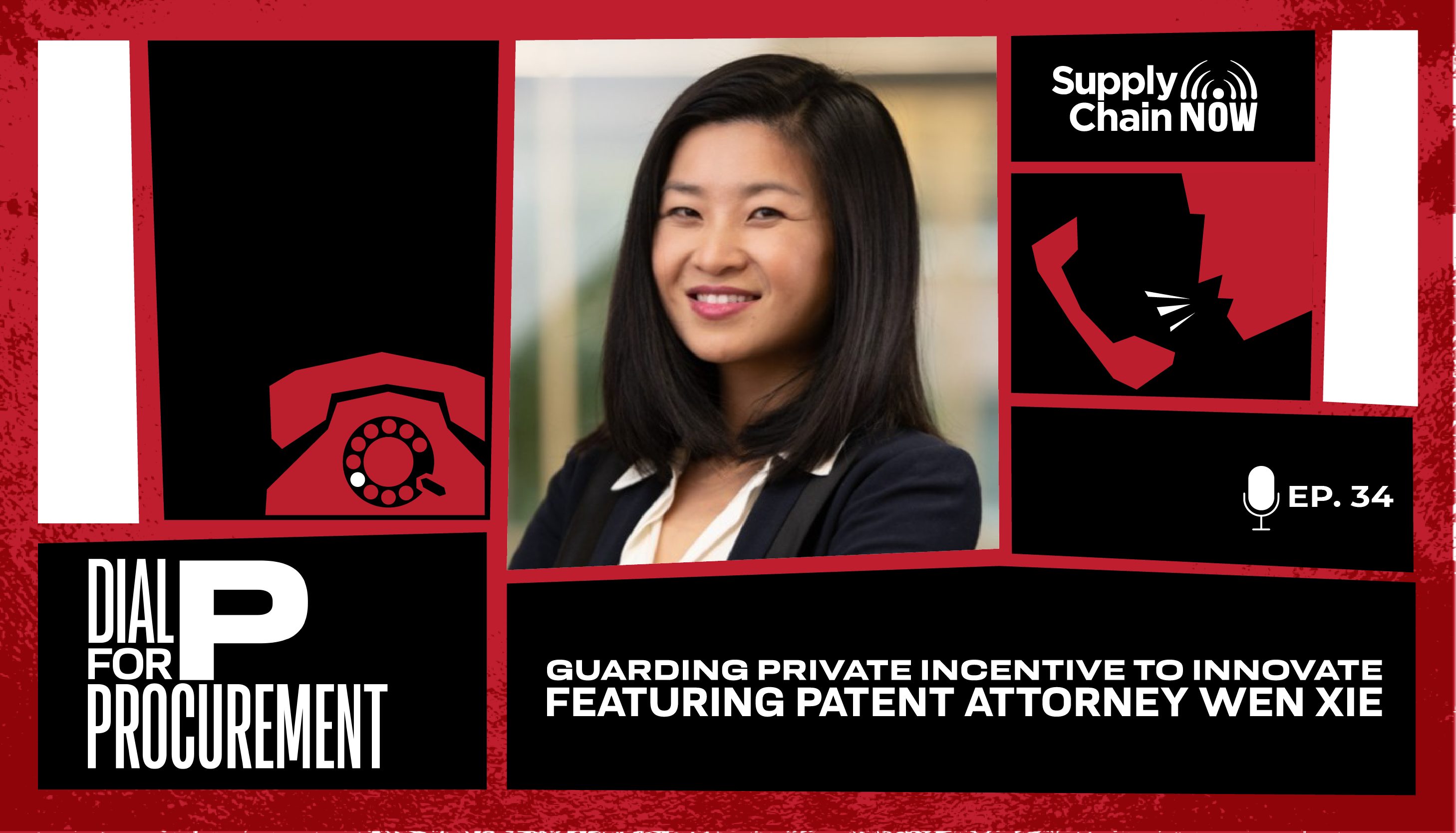
Knowledge is valuable. Proprietary information is valuable. There is a very strong incentive for people to want to acquire them for free. Unless you say, ‘No, this does not belong to you and you have no right to come and try to take it,’ it will keep happening.
-Wen Xie, Patent Attorney, Partner at Global IP Counselors, LLP
Episode Summary
On June 17, 2022, the member countries of the World Trade Organization (WTO) accepted a proposal made by the U.S., E.U., India, and South Africa that modifies nationally granted intellectual property rights related to the COVID-19 vaccine.
The proposal was leaked early, so the world knew the vote was coming. But other than the WTO and a few media organizations, most of the world shrugged at the news, despite the big picture implications for private industry.
The COVID-19 vaccine was made available on an impressive timeline, thanks to the incentives created by Operation Warp Speed. But if for-profit companies fear losing their intellectual property rights, what choice will they make in the future?
Many innovations, including mRNA vaccines, are the result of private investment and risk tolerance. If companies do not believe their intellectual property rights will be respected and protected, they have less incentive to innovate and almost no incentive to collaborate.
Wen Xie is a patent attorney and a Partner at Global IP Counselors, LLP. In this Dial P for Procurement interview, she and host Kelly Barner review the events leading up to the proposal’s acceptance and its potential future implications:
• How the WTO’s decision to waive IP rights for COVID-19 vaccines might change the decision-making calculus of for-profit companies going forward
• Where we may already be seeing evidence that other international organizations are considering the extent to which they can challenge IP rights
• What professionals that are not in the field of intellectual law should take away from this series of events
Episode Transcript
Intro/Outro (00:01):
Welcome to dial P for procurement, a show focused on today’s biggest spin supplier and contract management related business opportunities. Dial P investigates, the nuanced and constantly evolving boundary of the procurement supply chain divide with a broadcast of engaged executives, providers, and thought leaders give us an hour and we’ll provide you with a new perspective on supply chain value. And now it’s time to dial P for procurement.
Kelly Barner (00:31):
Hi, my name is Kelly Barner and I am your host for dial P procurement here on supply chain. Now I’m joined today by a very special guest. Now this goes back to an audio only episode that I did maybe about a month or so ago at this point. And this is an opportunity for me to bring in someone who has relevant expertise in the area of this story and dig a little bit deeper so that we can all truly learn from what we’ve heard in the news. So Wen Xie, thank you so much for joining me here on dial P
Wen Xie (01:04):
Thank you for inviting me
Kelly Barner (01:06):
During. Absolutely. And you actually were in the first podcast because in doing my research, I came across an article that you had done, uh, that was relevant to the story of the world trade organization and some of the intellectual property things that are going on there. Um, and it’s in your role as a patent attorney, as well as being a partner at global IP counselors, um, that we are connecting first things first, though, if you are an attorney, how did intellectual property law become your area of expertise?
Wen Xie (01:37):
Oh, well that’s a good question. I I’ll, I’ll say I went to law school during the recession and it was one of those close your eyes and point most
Kelly Barner (01:45):
<laugh>
Wen Xie (01:46):
I had a, well, I thought I could qualify for the patent bar. You, you, you, you know, most of the time you need sort of a science background to go into patent law. So I had a science background in undergrad and I thought, I need to leverage this to decrease the pool of people I’m competing with. So <laugh> in terms of how I got into patents. That’s, that’s actually how I did it. And, you know, and, uh, and then you practice and you become acquainted with the law, and I’m very happy that this is what I chose it’s of what I’m interested in from a legal perspective, from a policy perspective and it’s impact on innovation and the incentives to innovate is very important just from what I learned on the job.
Kelly Barner (02:26):
Well, I think your story will actually resonate very well with a lot of the people watching this later, every single person who works in procurement has their own version of that story, where there was some moment where you had to close your eyes and point, and there was always unexpected circumstances that led to you being in procurement. So it’s nice to know that we’re not the only ones that have curly journeys to being in our final professional point.
Wen Xie (02:50):
It is definitely, you’re definitely not the only one <laugh>.
Kelly Barner (02:54):
So I’m, I’m curious. So we know a little bit about how you got to where you are. What does a patent attorney do on the typical day?
Wen Xie (03:01):
Well, so for patents, there are actually a lot of specialties and I’ll just talk about my own. I’m what you call a patent prosecutor. So what we do is we help people, inventors companies acquire patents, and a lot, whether they’re in the us or abroad, we help them get patents in the United States. And so it’s patent portfolio management. We mostly practice before the us PT or what I do is practice before the us PTO. You’re talking to inventors, you’re talking, you’re learning about their invention. You write their application, you become acquainted with it. And then you, you know, convince the PTO to give you a patent and you have to amend, you have to sometimes narrow the scope of what you’re seeking to have protection over. And then, you know, and then there’s other sorts of specialties in terms of enforcement, litigation and everything. But mostly what I do is help clients get help. People get patents in the United States, and then we do some foreign, you know, you want them, they’re also probably filing in other countries. So you want the patent scope to be somewhat similar between the us and Europe say and Japan, just because mostly in the interest of the client to have a consistent kind of scope throughout all countries
Kelly Barner (04:12):
And something that actually came up in what you said. And I wanna call this out for everyone. That’s joined us to watch and listen, um, because I am definitely no expert in intellectual property or law for that matter. But I do know from my reading that one of the things people might not recognize about patents is that they are nationally based. So a patent is awarded or applied for in one country at a time. Correct. So you’re actually talking about maybe taking something that was already patented in the United States and then trying to get that same patent passed so that it’s in effect in Japan just to pick another country. Is that correct?
Wen Xie (04:50):
Yes. So basically you could file concurrently, but there’s certain time bars. So mostly it’s one year. Okay. So from the earliest filing dates say you filed in Japan, you have one year to go international one year to go to another jurisdiction like the United States. But so basically you could file at the same time if you want to, but otherwise you could file within one year. But the idea is correct is when you get a us patent, you have a right to exclude others, which is an for making, using, or producing, making, using, or selling what’s protected by your patent. So a patent is a negative, right? It’s not a positive, right. A positive right. Is something like your driver’s license. When you get a driver’s license, you can drive a car. That’s not what a patent does. It does not give you a right to make your, what you have in your patent. It gives you a right to exclude others. And that’s, what’s kind of a important thing to note about the basis of what a patent is
Kelly Barner (05:46):
Now, before we get into the central topic that we’re going to talk about today, you’ve talked a little bit about your specific area of expertise. Um, I don’t often have lawyers here on dial P so we wanna make sure we keep everybody out of trouble. And we’re gonna talk about sort of thought leadership generally discuss this story today, but is there anything that you would like to say before we get into the, the news story at hand?
Wen Xie (06:09):
Yes. And thank you for that. I, um, I am a practicing attorney at a law firm, but just to note that this, these are my opinions on, of my own, and this is, I’m not speaking on behalf of any organization, not speaking on behalf of my law firm or anybody else. These are just my opinions.
Kelly Barner (06:25):
Excellent. And we are, I’m glad that you’re willing to do that. Uh, this is something else that procurement professionals will actually relate to. We’re often under a lot of constraints around what we can share externally, simply because so much of our knowledge is tied to the suppliers that we partner with, what we buy from them, how much we’ve paid. So I think people will definitely be sympathetic to your desire to draw that line between anybody else that you work with and yourself. And yet I’m thrilled that you’re willing to talk about this story, cuz it’s a very interesting one. And it took me a little while to sort of understand the significance of what was going on, but I wanna start us off by establishing the facts. So let me give a very high level retelling of what’s happened. And then I’ll pass to you when to sort of fill in some of the things that either I’ve left out from a detail standpoint or that somebody who doesn’t specialize in patent law might not notice.
Kelly Barner (07:20):
Uh, but this comes down to something that’s been going on at the world trade organization, which is an international body that exists to facilitate trade and business related questions between member countries. Mm-hmm, <affirmative> almost every country in the world belongs to the world trade organization. So we’re effectively talking about all trading economies here. And because of the fact that patents are awarded nationally in the past, there’s been an agreement between these countries that there would be some amount of reciprocal recognition of patents from one country to another mm-hmm <affirmative> and yet like everything else. This came under some challenge during COVID 19, I believe it started with India and South Africa came up with a proposal to waive COVID 19 vaccine patents so that they could get the information to produce those vaccines in their own country. And the discussion became one that started in 2020, the world trade organization. And then really came back to the surface in may of 2022, when a leaked proposal came out that gave us all a little bit of a peak into how some of the different member countries might be feeling about this proposal. So I wanna pause there when have I sort of roughly gotten the story right up to this point?
Wen Xie (08:44):
Yes that’s yes, absolutely.
Kelly Barner (08:47):
Okay. And so as we dive into this, another one of the things that will be important, we’ve talked about WTO. We’re gonna talk about IP again, add another acronym, which is trips. What is trips within the scope of the world trade organization?
Wen Xie (09:02):
Well, it governs what are the provisions of trips is that it governs sort of the intellectual property. It has a lot of aspects, but it sort of governs the intellectual property aspect of the WTO. And like you said, what the WTO does is it tries to facilitate trade between countries. So going back to what we said is that patents, trademarks, copyrights, intellectual property on a broad level, they’re granted by national organizations, um, the countries themselves, there is no international governing body actually for the enforcement of patents you have at most patent cooperation treaty, you have WPO, but they don’t, you don’t have a WPO patent. What you have is a us patent, a European patent, a Japanese patent, you have patents of individual countries. So what trips overall does for the purposes of our discussion is that it just says we will respect the patent rights of other companies, other countries, um, doing business companies of other countries, doing business within our borders.
Wen Xie (10:07):
And if they should own a patent or a trademark or anything like that, and they own it within our jurisdiction, we will enforce them just this way. You, you would have for a member of our, one of our own me members, uh, one of our own domestic companies. So there’s no favoritism, there’s no we’re not gonna, you know, recognize your rights. They still have to apply for a patent. They still have to own a patent in your country in order to have something to enforce. But what it’s really saying is that we will respect that within our borders.
Kelly Barner (10:35):
So going back to your point earlier about the negative, right? If I can sort of put this into a scenario mm-hmm <affirmative>, if you are in the United States and you hold a patent for something that you’ve invented or a trademark, and I’m based in Italy, and I want to produce the same thing that you have patented mm-hmm <affirmative> the idea would be that even if you don’t hold a patent in Italy for that product or for that trademark through trips and this agreement, I’m not supposed to infringe upon your patent in Italy,
Wen Xie (11:08):
Unless you have an Italian or European patent, you technically wouldn’t have, you can’t enforce a us patent outside of the us so that a yeah, so you, you could actually do what you want. And I think the thing that really bothered me about the trips agreement was saying was India and South Africa coming in and saying, oh, all these patents around the world, they’re really getting in. You know, it’s, it’s getting to be a problem for us making patents. Well, if you, if you don’t want patents standing the way of Indian manufacturers making Indian vaccines, well, just don’t give them an Indian patent that India patent office could do that unilaterally. The south African patent office could do that unilaterally. Why are you having this entire organization get together, waving patents in other countries, in order for you to have access or the ability to make patents in your country?
Wen Xie (12:01):
The thing is, is there are three, there are three enforcement mechanisms. Well, three aspects of enforcing a patent is you’re preventing others from making, using or selling. All right. So you, the making part, what we’re talking about is are they either either India or the developing countries, either don’t have to have don’t grant patents within their own countries so they can make it if they want to. And the truth is, is they’re not why, because it’s very expensive. These vaccine manufacturer manufacturing facilities had to be created in 2020. They did vaccine manufacturing was not a major aspect of the biopharma industry. They took warp speed money. They had to be induced economically. They formed a lot of deals, but cross corporate deals in order to create sharp these manufacturing facilities. So you need a lot of money. It has nothing to do with patents. It actually has to do with money.
Wen Xie (12:53):
So you either have to give them a lot of money to make these manufacturing facilities or what are they thinking? So the next thing is use or sell well, how do you use or sell these vaccines in the developing countries if they’re not going intending on making it? Well, it really goes into imports. I think that’s really what they’re thinking. What you could do with in the United States at least, is that you could prevent, you could ask, when you go on a us patent, you could go to the international trade commission and have them have jurisdiction. And this commission has jurisdiction over us customers from border control in which they can seize goods and serve goods that INFR your patent. So they could seize counterfeit PS, counterfeit, Rolex, you know, so, and they could do that with other IP rights as well. So I think what they’re really thinking is we will import it.
Wen Xie (13:40):
Now we will increase the supply of vaccines around the world, so we will import it. Mm-hmm <affirmative> um, the thing is, is you are importing already. Um, they’re going into these countries already, so you don’t need to weigh vaccines in order to import it anyway. So I think what they’re also, well, I’m just trying to think like them, like what, what could you, what could you possibly be thinking when you did this? So, alright, so then it’s we want other countries to weigh vaccine patents as well. So not just us. So everybody else maybe to increase the supply of vaccine makers. So that assumes two things. The us owns has manufactured facilities in the United States. So there are manufacturers in the United States, what are they thinking? You wave patents in the United States, then maybe with the assumption that it’ll increase supply, and then it’ll eventually trickle down to the other countries.
Wen Xie (14:30):
So if it increases supply, then this is an international agreement. Trips, patents are conferred under the United States code, title 35 of the United States code. How can an international agreement waive rights that are conferred by a national law? You can’t do that. So you’re assuming, well, maybe Congress will number one, that’s just, I think illegal. And then nobody’s talking about that aspect. So, alright. Maybe Congress comes in and says, well, will adopt it and will weigh vaccine in the United States. So then you’re assuming then you’re just gonna assume that all these people are gonna start making vaccines. All these startups, like biopharma companies, all these little healthcare companies are gonna build their own manufacturing facilities. Like that’s not even gonna happen. Yeah. The big pharma companies didn’t even do that. They needed warp speed money. They took a lot of money. So it doesn’t make any sense from that aspect either. You know, it just, in all ways in respect, you’re, I’m trying to think through all the ways of why they would want to implement something like this and it just doesn’t work in every aspect.
Kelly Barner (15:32):
Well, I think part of what’s so interesting here and in truth, as many angles on the story as I had read, I don’t think this piece of it totally hit me until you and I spoke last week. That on the one hand you have organizations like countries, you have the world trade organization, which is an international organization, but on the other hand, you have four profit companies. And I like the phrase that you used earlier, incentive to innovate, I believe is what you said. Mm-hmm <affirmative> because it really does at the end of the day, come down to the money. And if governments want to be able to incentivize companies to do things they want them to do, it probably is going to have more to do with funding than it is to do with law mm-hmm <affirmative>. So that brings us up to the point in the story. I believe June 17th, we went from leaked proposal to this proposal being approved and accepted by all of the world trade organization, member countries. So now under WTO rules or guidelines, the VA, the COVID 19 vaccines, they’re now shared patents. Correct? What do
Wen Xie (16:37):
You mean?
Kelly Barner (16:38):
I shouldn’t say shared patents. Nope. That’s me putting it wrong. That there’s a waiver on these patents. So the companies that held the patents, there’s now a waiver that would allow countries like India, like South Africa to produce what was previously patented in the United States.
Wen Xie (16:55):
I, so from, I’m just gonna speak from memory from what the provision is, and it’s really a lot of mumbo jumbo leg, even as an attorney. I think <laugh>,
Wen Xie (17:04):
It’s hard to understand exactly what they really mean, but what it means is they have a one time what countries can do is for one time thickest as many patents as they want for basically public use. So what, what that means is you cannot. So the owner of the patent cannot enforce the patent against anybody else. So to prevent them from making, using, or selling so they could list as many patents as they want, and they could choose to do that to make, so they, they have the right to make, use and sell if they want to, uh, without the owner’s permission
Kelly Barner (17:36):
Now speculating here. But how do you imagine that might change the decisions made by these for profit companies in the future? How does that change that incentive to innovate that incentive, to invest in developing new products?
Wen Xie (17:54):
Yeah, so what we just mentioned was these facilities did not exist prior to COVID vaccine making was not something that they could always, it was not even that high up on their list. These are for profit companies. They are not philanthropic. They never said they were philanthropic. They are in the business of saving lives for profit. So they were doing the most profitable aspect and they were focused on diagnostics and therapeutics and drug making. So vaccines were just, honestly, not that important to them until COVID hit. And then the us did not even no country really had a large basis of manufacturing for vaccines, especially pandemic level vaccines. You need a lot of supplies, a lot of facilities to be able to do this. They needed money. So it’s not like, oh, tomorrow we’re gonna make vaccines. And we have the ability to do that.
Wen Xie (18:49):
You need a lot of incentive. You need a lot of upstream, R and D in order to even get to this product. And I think because it happens so fast, people probably don’t appreciate what was put in, in terms of R and D investment in order to get these vaccines and to get them to a level in which the public has access to them. So in the future, what happens when you wave patents? I think they would think, well, are you gonna change the game on us? You’re saying, you know, we’re gonna get all this money and we’re gonna be able to make a profit from this and we’re gonna build facilities and we’re gonna form deals with our competitors. And we’re gonna share technology and share knowledge. And then one day you’re gonna say, actually, just kidding. It doesn’t have to be, patents could be something else, just the legal landscape of which we operate in one day.
Wen Xie (19:43):
You’re gonna say, actually, we’ve changed it. And there’s no way you could go back. Now after you’ve, you’ve shared resources, you’ve shared knowledge, you’ve shared technologies, you’ve built manufacturing facilities together. You’re kind of stuck at that point. You know, you’re stuck with the losses. So I think there’s a strong disincentive to want to invest. There’s a strong disincentive to pour a bunch of money and to make themselves liable to losing their technology and their personal, you know, what they had personally, in order to basically now you’ve dedicated it to the public. And that was not part of the deal to begin with. Again, like we said, we’re sorry, but I mean, I don’t know. I don’t think they’re sorry. I think they’re just coming out and saying, we will do this for money. You have to give us money. So once you wave it, I think it makes them not trust the government in a really bad way. I mean, we, they, I think most people already don’t trust the government, but when you do something like this, you are saying, I don’t, I can’t predict, I can’t predict what’s gonna happen. You can’t ask someone to invest substantially into an industry when they cannot predict what’s gonna happen in the future. So I that’s what it will do.
Kelly Barner (20:47):
And I think this, this is actually an interesting tieback to one of the things that we spoke about earlier, which is this idea that often procurement professionals are constrained from speaking on anything, even a general topic at a conference on a podcast, because their companies are concerned about what they might reveal. So take that sentiment and now take what we had in operation warp speed, which were major competitors being incentivized to exchange information. And there’s, there’s always two sides to that. There’s the piece of information that you intend to exchange mm-hmm <affirmative>, but when you’re working closely with other people, there are other subtle things being picked up ideas that are floating back and forth. I mean, I would think to most procurement professionals to sort of put us in the shoes of these pharma companies, that’s a very scary concept. And we talk about risk all the time and perception of risk.
Kelly Barner (21:44):
And so the incentive to overcome those risky situations and the potential of knowledge exchange in order to produce these vaccines, mm-hmm, <affirmative>, we’ve all sort of at this point, accepted that the vaccines ex exist. Yes, it was wonderful. Oh, it was really fast. But to take ourselves back to the day when somebody must have said to these companies, we want you to all get on the phone at the same time, exchange data, exchange, information, exchange, ideas, ideate together, problem solve. That’s actually a huge lift that we’re asking of these companies. And it’s sort of easy to gloss over that now.
Wen Xie (22:18):
Yes. And that’s actually one of the reasons why a patent vaccine, a patent waiver was kind of silly because in order to actually make mRNA vaccines, it wasn’t just protected by patents. A lot of the techniques is actually protected by trade secrets, manufacturing techniques, um, cell lines. And these, this information, like you said with say bio Pfizer and bio tech, those two companies got together and made the vaccine together. They had to share a lot of proprietary information with the incentive that this will, one day <laugh> be profitable. You know? So this is like you’ve said there overall, there is no incentive to share this. What happens after you share it? You know, they were meant to be protected by trade secrets. And so number one, waving patents, which is, is, is silly because it doesn’t teach them all the manufacturing techniques that even need to make a stable vaccine at the end. And then secondly, the fact that you’ve wad it now companies as have a disincentive to get together and say, now talking to you means I’ve just put it on Google now, you know, none of this is proprietary information anymore.
Kelly Barner (23:27):
Yeah. And so from this, you know, these stories never end, they sort of roll on and evolve to the next thing mm-hmm <affirmative>. And so my thought, and in fact, actually have a, a quote here in front of me that I’ll, I’ll read for just a second to pull the exact wording in. We start to think about, okay, so what are ultimately the larger picture implications of this? You know, you’ve made the point that waving the patent, doesn’t give you the technical manufacturing capability. It doesn’t give you necessarily all of the data that went into research. So you’re not getting the full picture mm-hmm <affirmative>, but at the same time, this does set some kind of precedent in that it has now happened. And the WTO member companies have agreed to this. Um, what we know we’ve talked about changing the incentive to innovate. Is it realistic to think that this might open the door to the same sort of waiver being suggested in other types of products or property or, um, other forms of IP and trademarks?
Wen Xie (24:34):
You know, it’s the case when people of authority power do something and they stretch the boundaries just a little bit, and usually they stretch it by doing something that you’re not quite familiar with. You know, it’s not exactly in violation of what you expect them to do, but it’s sort of a little bit different. So you don’t really can’t really say, Hey, that’s bizarre or no, you actually cannot do that because it’s a different animal. You kind of don’t recognize it. And this is how authority and power source spreads over time. When something, when they do things that you don’t really recognize, you can immediately say, Hey, that’s, that’s something that you shouldn’t be doing because it’s different. And they, and they know that I will not to be a conspiracy theorist, but I think people know that. So they presented something new, oh, we’re gonna weigh vaccines.
Wen Xie (25:20):
And nobody feels really bad for the biopharma industry. Nobody really feels like, oh, poor biopharma feel so bad for you. But the truth is what they did is kind of really screw them over. And so no, the public doesn’t really react. The public doesn’t really react. Nobody takes other pitch fork and really, you know, gets to this says, you shouldn’t be doing this Congress step in and say, this deal shouldn’t be made. Anyway, it has, you should come out and say, as Congress or some speakers say, we will not enforce this. This will never happen in the United States. None of that happened. None of that happened. So what happens when you’re a person of power? Oh, I just got away with it a little bit. You know, let’s let’s, let’s see what else I can do. Let’s let, let’s see what, where this can spread to a little bit, you know, and what these international agreements do is they, they have a lot of provisions over a lot of industries, and now it’s almost like, oh, we have some provisions on patents.
Wen Xie (26:15):
So now we can regulate patents. You know? No, you can’t. No, you can’t. You have no authority to do that. You have no authority to waive a property, right. And domestic jurisdictions, these were not granted by international organization. You have no right over this whatsoever. Why are you even saying this? Which I found, this is the part that really made me wanna speak of was like, this is very irresponsible. The fact that they’re even saying that they have this authority and people acting like that’s not a big deal is very, I thought that was very irresponsible of them because they know you don’t have a right to do this whatsoever. And the us as all the governing, the governing body of the United States just said, you don’t have a right to view this. And I wish that we didn’t take part in it, but we did. And not only did we take part in it, we didn’t, nobody in the government really reacted and said, we shouldn’t be doing this in the United States.
Kelly Barner (27:05):
Well, and it is interesting because you do have an international organization that I didn’t vote for them. Right, right. That is in place. And they’re bypassing our national legislative process. And this isn’t just about the United States, all of these companies, all of these countries that participate have all effectively had the same thing happen. Assuming they have some kind of national legislation in place to govern patents. And to a certain extent by supporting this, or even by not stopping it, yes. Are allowing the authority of an international organization to grow such that it supersedes laws that we already have on the books, at least here in the United States
Wen Xie (27:48):
Very easily. Because what you could do with Congress is there’s a filibuster. You could do all these crazy things to hold up a legislation in Congress. We all learned, apparently you don’t have that over there. You know, <laugh> apparently, so we’ve talked about, I, people can regulate IP, we’ve talked about energy. We can regulate energy now, you know, just now they’ve, they’ve set the playbook for what they can do almost. And I, I think that’s really kind of scary.
Kelly Barner (28:13):
Yeah. Now I will say when this story first caught my attention, when the proposal leaked, I know now in going back, there were ongoing discussions. This had come up, it had been covered in the news. Um, I didn’t notice it until the proposal leaked. There’s something dramatic about a leak that just kind of sucked to me right in mm-hmm <affirmative>. Um, but now that it passed, it kind of passed quietly on the 17th. And I think when maybe you and I were the only two that had our pitch forks, um, we should have done a pitch fork zoom, because I was very surprised how quickly it went through. I was surprised that it went through and that it had been relatively quiet up to that point, but then it continued to be quiet afterwards. Mm-hmm <affirmative> do we think that there’s just too many other things going on? Why? And, and this is just speculating you and I don’t have the answer here. Why aren’t more people, why aren’t more businesses speaking out about their concerns or speaking out about how this will change the way that they approach intellectual property?
Wen Xie (29:17):
Well, I think when you don’t work in IP, you will not hear a lot. It is only at a very IP specific. This one community was angry and it did not really spread beyond what was N IP. I think it’s two issues. I think the fact that biopharma, maybe not doesn’t have a very good reputation. Um, societally, you know, they are in the business of making money off of, you know, saving lives. Yes. And we find that you’ve gained and you’ve enriched yourselves off of diseases off of, you know, and because people wanna save the lives with their family members, we’ve paid so much money to the back to the biopharma industry. And they’re just these fat cats out there. And, you know, the truth is, I’m not saying they’re not, I don’t know what they are, but it’s hard to feel sorry for them that, oh, Boohoo their intellectual property rights got weighed, you know, and I think there’s also the concept that IP is owned by, you know, the, the, the 1%, you know, the elite it’s owned by big corporations.
Wen Xie (30:22):
And that is a misconception. The fact of the matter is, is that patents have mostly helped middle and small companies protect themselves. Big companies. Like the really big ones actually have so much market power. They would actually like to give rid of the patent system because then they get sued less. You know, they have so market power to just dominate the market with their market power. They don’t even care that much where they’re buying. It’s just so they don’t have to get sued so much. You know? So that’s the, the patents have really protected small and middle companies, middle size companies. And then you have the same. If they wave patents, they could wave trademarks and copyrights. That’s a lot of that is owned by small companies and individual startups. Copyrights is owned by artists and writers. You know, the people that you confer, you are granted a copyright common law, right?
Wen Xie (31:16):
The minute you create your work, that is the idea is to really protect sort of small actors. Now you’re coming in and saying all of that, all of that is actually subject being wad by an international organization. So I guess what you’re asking is, oh, why, why did no one react well because they it’s biopharma and it’s their patents. And I think the idea is that, oh, because they own the COVID vaccine patent. That means, you know, we won’t, that means they they’re gonna be so enriched by this awful pandemic. That’s claimed so many lives. And the governments come in and being like, no, we’re stepping in here. This is like Teddy Roosevelt with the big trust in the railroads. We’re stepping in, in here for the little guy and telling you to F off, you know, but actually that’s not the case at all. I want you to realize when they waive a property, right, a right, that you have one day it’s biopharma, next day, it’s gonna be somebody else. You cannot say, the government can do this. This is a right. A personal right. And it’s a right. That was confirmed by national jurisdiction under national jurisdiction and international organization should not be able to do that. So nobody reacted over this. And I basically, I think, you know, because they just, nobody feels bad or sorry for the pharmaceutical industry.
Kelly Barner (32:31):
Yeah. And, and I can certainly, at least from my own experience, speak to being sort of a, a little guy and using copyright as a writer, I’ve definitely had cases where content that I’ve written, that I’ve published under my own copyright. Mm-hmm <affirmative>. I have found other people using it in ways that don’t allow or don’t align with what I think is acceptable. And I’ve been able to say, I have the copyright on this. I am asking you to take it down. Only take a small piece, attribute it properly. The amount of work that goes into writing, anything of substance on its own little scale is probably comparable to the investments and the work. And the time that go into R and D in an industry like pharmaceuticals, mm-hmm <affirmative>, but people that are consumers or customers of those industries only see the finished product, which is sort of like that proverbial tip of the iceberg, right? Mm-hmm, <affirmative>, there’s all the money and all the time and all of the risk that’s been accepted, that’s below the surface of the water. And it seems like that’s sort of, what’s being forgotten about here because it’s not as visible as simply the vaccine in a little vile.
Wen Xie (33:40):
I, they don’t see all the failures and trials. They don’t see all the lab failures. You don’t see all the, all the ways they’ve taken losses, because what you saw with the product. But in order to get to that one product, they probably had to go through so many iterations, so many, so many labs that couldn’t make something. And this was the one that did, you know, you have to realize how much investment was really put into something like this on a broad scale across countries and companies.
Kelly Barner (34:11):
Now we’ve talked a little bit about what the bigger picture implications of this might be, and this isn’t a direct line, but let’s say it’s sort of a dotted line in the spirit follow on. Um, I have a quote from a recent wall street journal article, which says, uh, the United nations secretary general, Antonio Gutierrez recently proclaimed that. And here’s his quote, renewable energy technologies such as battery storage must be treated as essential and freely available global public goods and removing obstacles to knowledge sharing and technological transfer, including intellectual property constraints is crucial for a rapid and fair, renewable energy transition. Mm-hmm <affirmative>. So even as a person who does not know much about how patents work, I definitely see the dotted line from what was just passed at the world trade organization to this statement coming out of the United nations.
Wen Xie (35:12):
Yeah. I mean, not to be a conspiracy theorist, but there, that was a, that was an interesting transition that we just made here quick, you know, and quick cuz nobody reacted. And it’s so funny. What you, I have the same quote highlighted <laugh>
Kelly Barner (35:26):
Does yours say this is very important next to it? Mine has a star and says, this is very important. Yeah.
Wen Xie (35:31):
I was just like, you read exactly what I highlighted. Okay. Let’s let, these are the words of the UN secretary general, renewable energy technologies, such as battery storage should be treated as essential, freely available global public goods. What is a public good? A public good is non-excludable and non-rival risk. The best examples of public goods are air and national security. How much air I consume does not diminish how much air you consume and how much national national security is conferred upon me does not diminish what you get. Okay? Batteries, EV batteries. There are commodities. The very nature of a commod is that there’ a finite number of commodities. There is no way. It’s an impossibility for battery storage technology to be public goods because you make something out of them here making a commodity out of them. They cannot. It’s impossible. They’re acting like what he’s trying to say is, oh, everybody will get some, no, that’s not the case.
Wen Xie (36:34):
They’re commodities. I means some people will get it and others won’t. And we don’t know who’s going to get this. That is the thing you’re gonna make them public goods buy how, um, IP is a constraint, including IP is a constraint to knowledge sharing. How is, how is IP a constraint to knowledge sharing? The very basis of a patent is you make a public disclosure in return for your exclusive, right? You have to write an enabling disclosure. You are teaching people. What is in your patent. The whole point of why we even have a patent system is that people otherwise will keep their knowledge to themselves as trade secrets. And you wouldn’t have an innovation system and to drive the economy, you wanted people to disclose their information so that other people can learn from you. And actually you, the government wanted to induce people to work around what you just taught and design around what you just made so that we could have access to a lot of different types of technology.
Wen Xie (37:34):
So the very basis of patents is to share knowledge. When you get rid of a patent, you actually induce people to not share knowledge. So that is just crazy. And, and then the whole idea of a technological transfer. I think patents induce technological transfer. They’re published around the world, around the world. People could see what you’re making in the us and Europe and all that through patent disclosures. I think what we were talking about on the phone was companies don’t have a newsletter. Hey, this is what I’m working on. Hey, this is a, this is exactly the technology I’m investing in. They’re reviewing one another’s patent disclosure. So for vaccines, they knew who to work with by studying one another’s patent disclosures, oh, they’re working on this, they’re working on this technology. We could reach out to them and maybe we could work together and share something because it, this aligns with what we’re doing. And that’s how they not form these very efficient deals that at the end has benefit benefited a lot of people. So these are all the things that I feel like they are saying stuff. That sounds nice. And it sounds good. Like, oh, we’re gonna get to battery technology for everybody is not gonna be just the rich countries. But number one, it’s impossible. And number two, what you’re gonna do is to just disincentivize people that actually work in these technologies from sharing their knowledge.
Kelly Barner (38:58):
Well, and it’s so interesting that the example of battery technology comes up here because maybe it’s just me and we’re continuing our dotted line, but I hear battery innovation and energy storage. And I instantly think Elon Musk, because he has done so much innovation in the area of whether electric vehicles or through the, the battery Gigafactory, right? That, that he’s built. Mm-hmm <affirmative>, I’m assuming you don’t have his phone number. When, if I had his phone number, this is definitely something that would be on my list. I would call him up. And after I got the scoop on the Twitter privatization question, I would ask him, how do you feel about this statement? Because he’s the kind of person that’s in very capital intensive businesses that we have seen. He takes on a lot of risk. He invests a lot of money and other people invest a lot of money, but the innovations like Starlink, like SpaceX, like what’s possible at Tesla and through their battery production really is at the end about the intellectual property that they’re able to create because they have incentives to innovate in their case, mostly because consumers want to pay for these vehicles, but that incentive does exist.
Kelly Barner (40:09):
And you wonder how this sort of changed that decision making framework.
Wen Xie (40:13):
You know, that’s so funny, you bring up ELAM Musk, cuz he’s almost like the human equivalent of the biopharma industry. He’s like somebody who’s had a lot of money, a lot of assets, he shows up at a crucial moment.
Kelly Barner (40:25):
<laugh> and nobody feels bad for him ever.
Wen Xie (40:27):
<laugh> nobody feels bad for him. Oh my God, ELAM must just lost a bunch of money. You know, nobody feels bad for him, but you gotta realize, I, I wouldn’t feel bad for him to be honest. Like it’s hard to feel bad for the guy. But the thing is, is now the scope of influence, just spread. It went from one industry and now from vaccines and now it’s going into energy. I’m not saying that this is definitely, but it it’s just interesting. It’s just very interesting how this transition has happened, you know? And then it’s gonna transition. And the thing is you want people to know every day, people, the transition will keep happening until you don’t want it to be too late, such that they are regulating every industry. And we have no way you have no way to stop it. And you don’t know what it does to incentivization.
Wen Xie (41:18):
Although all the lost inventions out there that could have really saved lives really impacted us. Really been good for beneficial for public health. You don’t know what, we don’t know what we’ve lost because you don’t have the right incentives. And it’s hard to say, oh, you have to. You know, I think people don’t like the idea that when the company says I need to make money and we just sort of, oh, accept that you need to make money, sort, allow you to make money. But that, that, that, that they’re not saying they’re, they’re not saying they’re philanthropic. You they’re being exactly who they, they they’re being exactly who they say they are. You cannot impose a philosophy on people that that’s not what they believe they wanna make money. They say, well, do this for the money. So we’re and if you don’t want to give them money directly, you know, at some point we’re in a lot of trouble, we’re just gonna have to give them taxpayer money directly.
Wen Xie (42:14):
If you don’t wanna do that, then you want to create a system, a legal public policy system, that it will incentivize them to invest their own money, own money at one point. And that’s the point of this is cuz at some point you don’t want us to be so beholden to these companies that we have to throw money at them directly because we, we are at a crucial moment where we need your help right now. You want to have, you want them to have the incentives beforehand, upstream beforehand to, for them to invest their own money. Thinking down later on, this will be a profitable investment.
Kelly Barner (42:47):
And the phrase that comes to mind for me as I listen to you say that is too big to fail. Mm-hmm <affirmative> we don’t want, I mean, obviously we need pharma, right? We’re getting into more and more complex treatments and medicines all the time. And so it’s not something that you can in most cases cook up in your kitchen. We need these very large companies to manage this, but we certainly don’t want to get them to the point where the only thing that’s incentivizing them to come up with a treatment for the disease that impacts you or someone that you care about is being specifically targeted with government funding. We want them to see the opportunity in the market and to solve and cure those diseases because there’s a market that exists. And because they get to own the IP rights associated with
Wen Xie (43:31):
That. Yeah. I mean, warp speed. You know, it, we had to give them money because the pandemic happened. It was hard to foresee, so right. But they took money directly. Do you wanna do that later on at a point where we could have, it might have been preventable, it might have been preventable. Do you want another warp speed? When really it could have been a preventable situation in which a foreseeable situation, you know, if you look at how oil is doing right now, you got the president condemning the oil industry they’re they need to make more. And they at Exxon Mobil released a statement and said the, this, the policy is the policy landscape in the United States is unstable. We had, we invested a lot of money during the pandemic and we lost it and now we just don’t have anymore investment. We don’t have the incentive to invest in making more Indi oil right now. Again, nobody feels sorry for oil, but that’s what they said. You know, they’re not going to be like, oh, I’m so sorry. I’m gonna make some more oil now for you because I think I see that you need it. They’re not like that. So we all say we hate them, but guess what? They don’t really care. So at the end we want this product that they’re making.
Kelly Barner (44:42):
So when I, I really appreciate you spending this time because I think it’s a very complicated topic that didn’t really get covered. Wasn’t really digested. And I think you’ve done a good job of sort of bringing it to where it means something to people that are not attorneys and do not live in the world of, of IP. As we start to wrap, I would just wanna ask you what are a few things that you would hope people listening to us or watching us would take away from whether it’s basic IP things that you probably learned on day one, but that most of us haven’t encountered or what we should be thinking about in terms of how this landscape is changing. What are maybe a few takeaways that you would give those of us that are trying to understand this and consider the implications in advance. Um, but don’t have your specific expertise and background.
Wen Xie (45:36):
Well, I guess actually what I would say is something really simple is that intellectual property is still a property, right? People fight wars over property. Property is one of the most inherent rights that we have right now. We are having, we are seeing a degradation of a property, right? And it’s not happening. It’s happening to a big industry. That’s very profitable. So it’s hard for us to feel too empathetic about something like this, but a property, right? But one day it could be your property, right? Basically, you know, it could be something you own, it could be something that’s important to you. It is something, it could be something that you have relied on. You have spent a lot of money on and you have to realize that when some, when a right, like a property right, gets degraded and you don’t react, it could only get worse. It could only get worse because property is valuable. Knowledge is valuable. Proprietary information is valuable. There is a very strong incentive for people to want to acquire that for free. And if you say, no, this is not yours, unless you say, no, this is not yours. This is, this does not belong to you. And you have no right to come and try to take it. It will keep happening. And you know, I it’s really important for everyday people to see it like that.
Kelly Barner (46:55):
Well, if people have listened to this conversation and are interested in learning more, um, or want to connect with you, what is the best way for them to get in touch?
Wen Xie (47:05):
I would say follow me on Twitter. <laugh> yes. And it’s, um, it’s, it’s got a lot of underscores, but it’s my first name underscore last name underscore and it’s IP views. And I don’t know why I picked that name. I should have just signed when likes patents and just that’s my
Kelly Barner (47:23):
Well, but I will link to that from the episode page actually, so that if, if people wanna follow you, they can, they can just click the link. Um, mm-hmm <affirmative> and thank you so much for your willingness to come on and discuss this story and share your expertise. I think it’s fascinating and I really hope we get some people’s attention with this.
Wen Xie (47:40):
Well, thank you for inviting me. And, um, I really appreciate the opportunity to talk about this issue. So thank you very much.
Kelly Barner (47:46):
And then my last word is to everybody that’s listening in or watching the video, as I always ask you at the end of my episodes, please don’t allow this to be a one way conversation, post your comments, share this episode, insert your own information. If you’ve been following this story and come across something that when, and I didn’t discuss today, the more of us that discuss this, the more we’re all going to understand it. And the more awareness we can raise on, what’s an incredibly important topic to everyone in any business. So until next time, thank you so much for joining me. I’m Kelly Barner, your host for dial P for procurement here on supply chain. Now thank you so much for joining me and have a great rest of your day.
Intro/Outro (48:29):
Thank you for joining us for this episode of dial P for procurement and for being an active part of the supply chain. Now community, please check out all of our shows and events@supplychainnow.com. Make sure you follow dial P four procurement on LinkedIn, Twitter, and Facebook to catch all the latest programming details. We’ll see you soon for the next episode of dial P four procurement.
Featured Guests

Wen Xie is an elite prosecutor with a comprehensive understanding of the patent process in the United States, Europe, and across Asia, and experience overseeing the prosecution of applications around the world. Wen is familiar with actions and procedures from all the major national patent offices, including the US Patent and Trademark Office, the European Patent Office and the China National Intellectual Property Administration. Wen has written hundreds of original patent applications, and has extensive experience with appeals before the Patent Trial and Appeal Board. She represents clients across various technological sectors including electro-mechanical, medical devices, and computer-operated control technologies. Wen is an expert on subject matter eligibility in the United States, particularly with respect to the patentability of software applications and computer-implemented technologies. She has published legal scholarship and speaks frequently on subject matter eligibility under the Alice and Mayo framework. Highly involved in the innovation community around the world, Wen is a member of the Forbes Business Council and the WINGS WorldQuest Junior Council. Wen hosts the IP Practice Vlogs by Global IP Counselors™, an original series of practice videos for the US IP practitioner. The series is co-published by IPWatchdog, the largest intellectual property publication in the world. Wen is also a leader in the Intellectual Property Owner’s Association, chairing the subcommittee in charge of the Diversity in Innovation Toolkit and working with leaders across the IP arena so that diverse inventors can be thoroughly recognized for their contribution to the innovative ecosphere. Connect with Wen on LinkedIn.
Hosts
Additional Links & Resources
Dial P audio Podcast: Is the World Trade Organization Jeopardizing Innovation by Failing to Protect IP?
The Misapplication & Legal Deficiencies of the TRIPS Agreement for COVID-19 Patents, National Law Review
